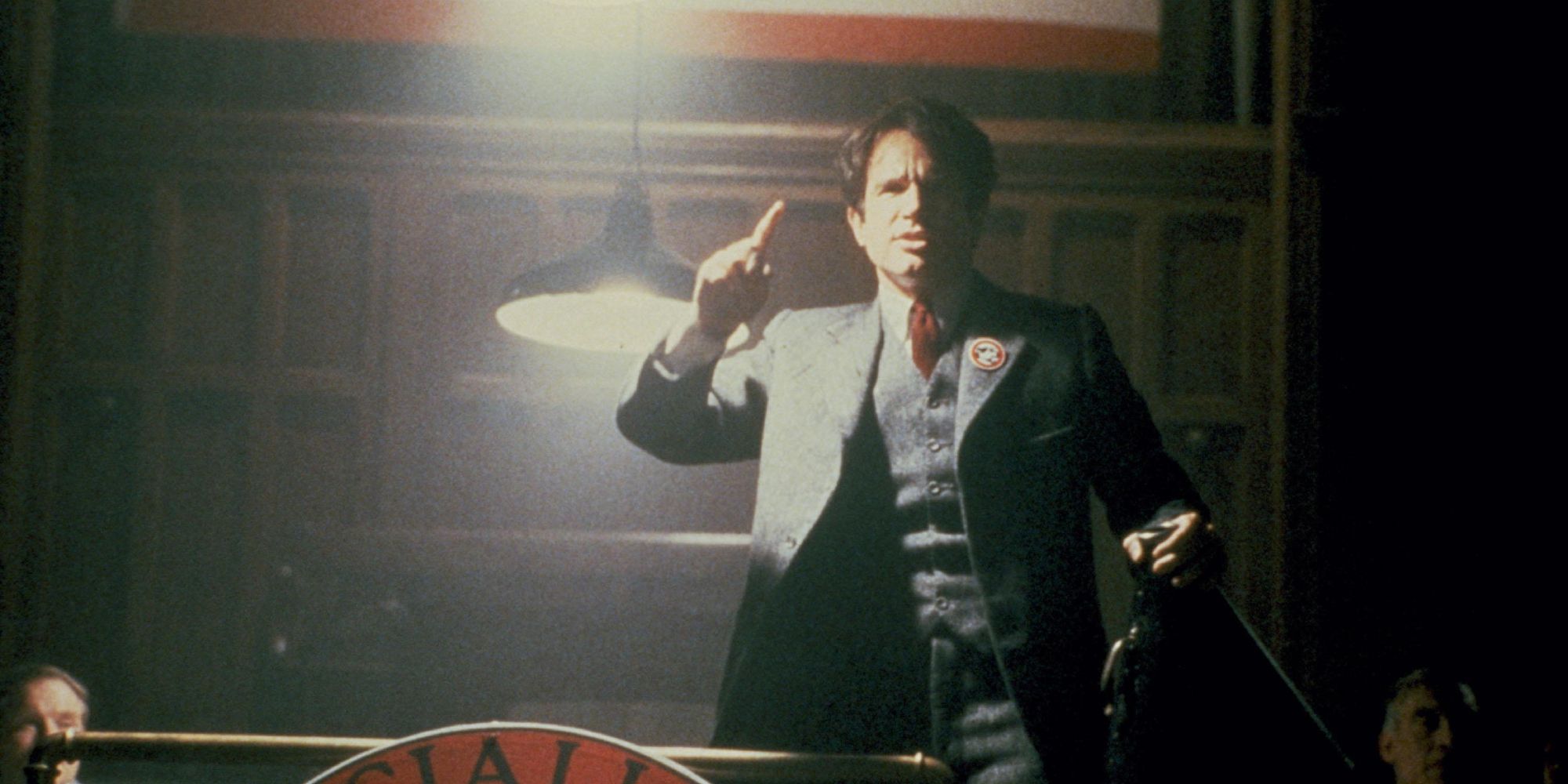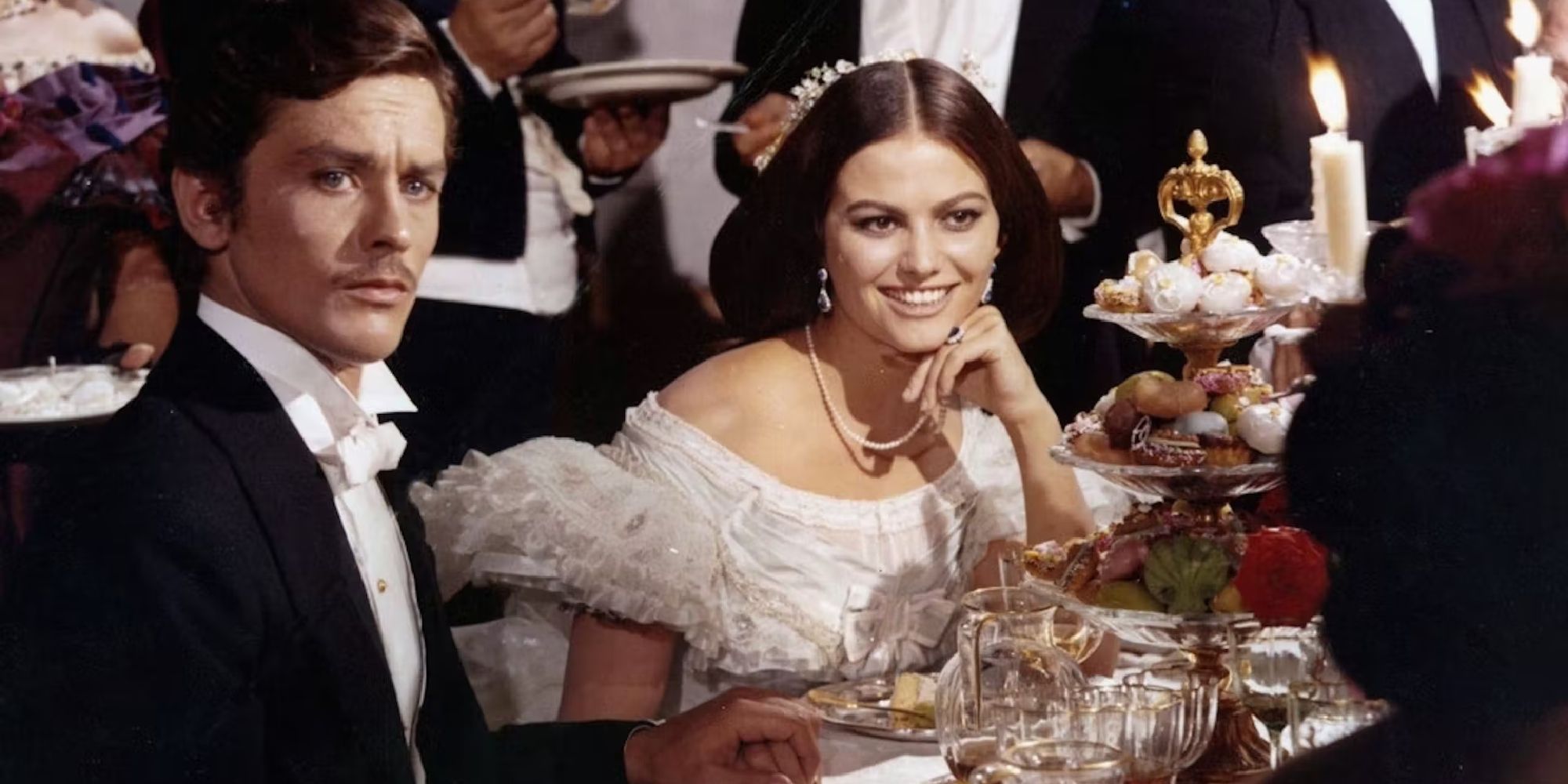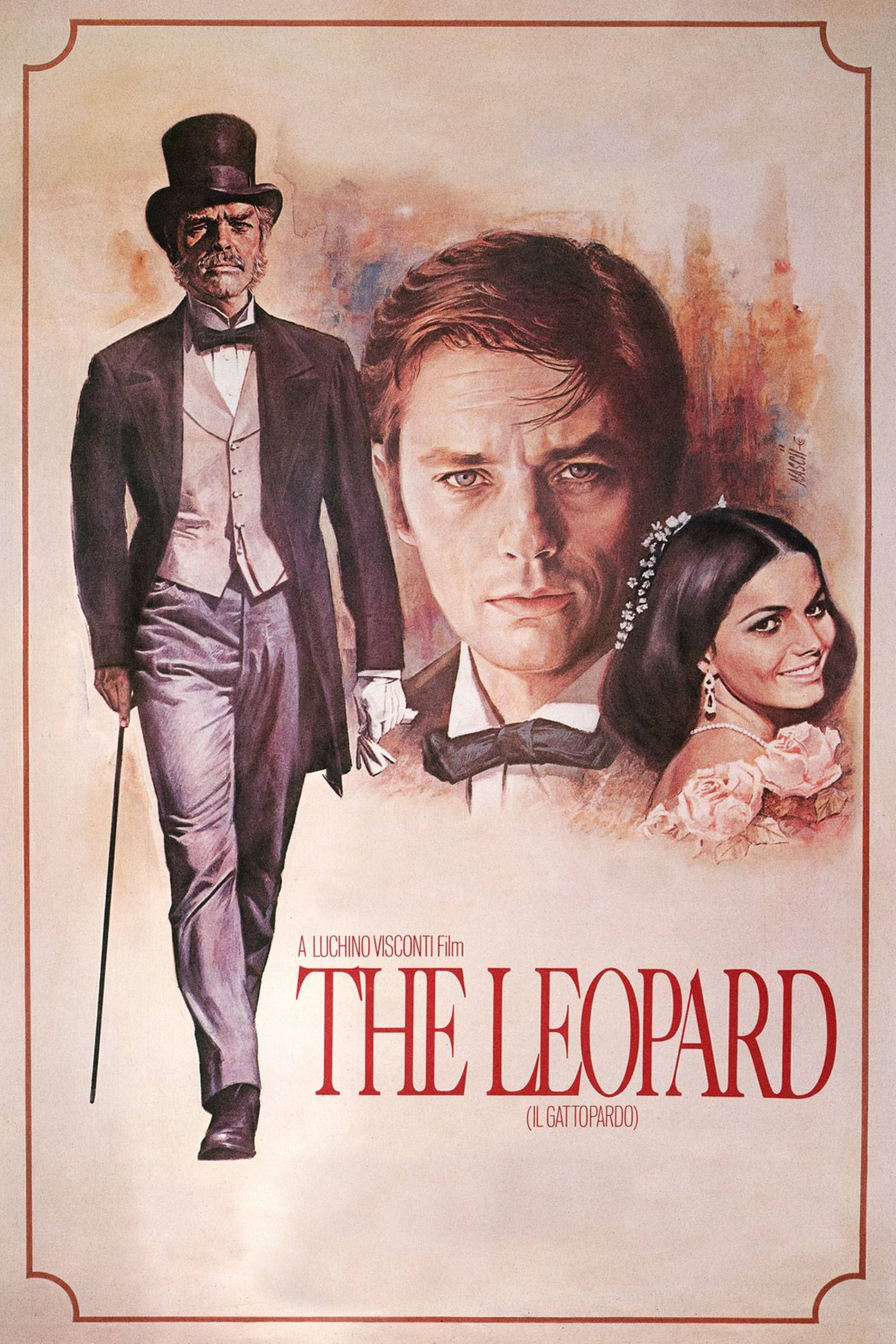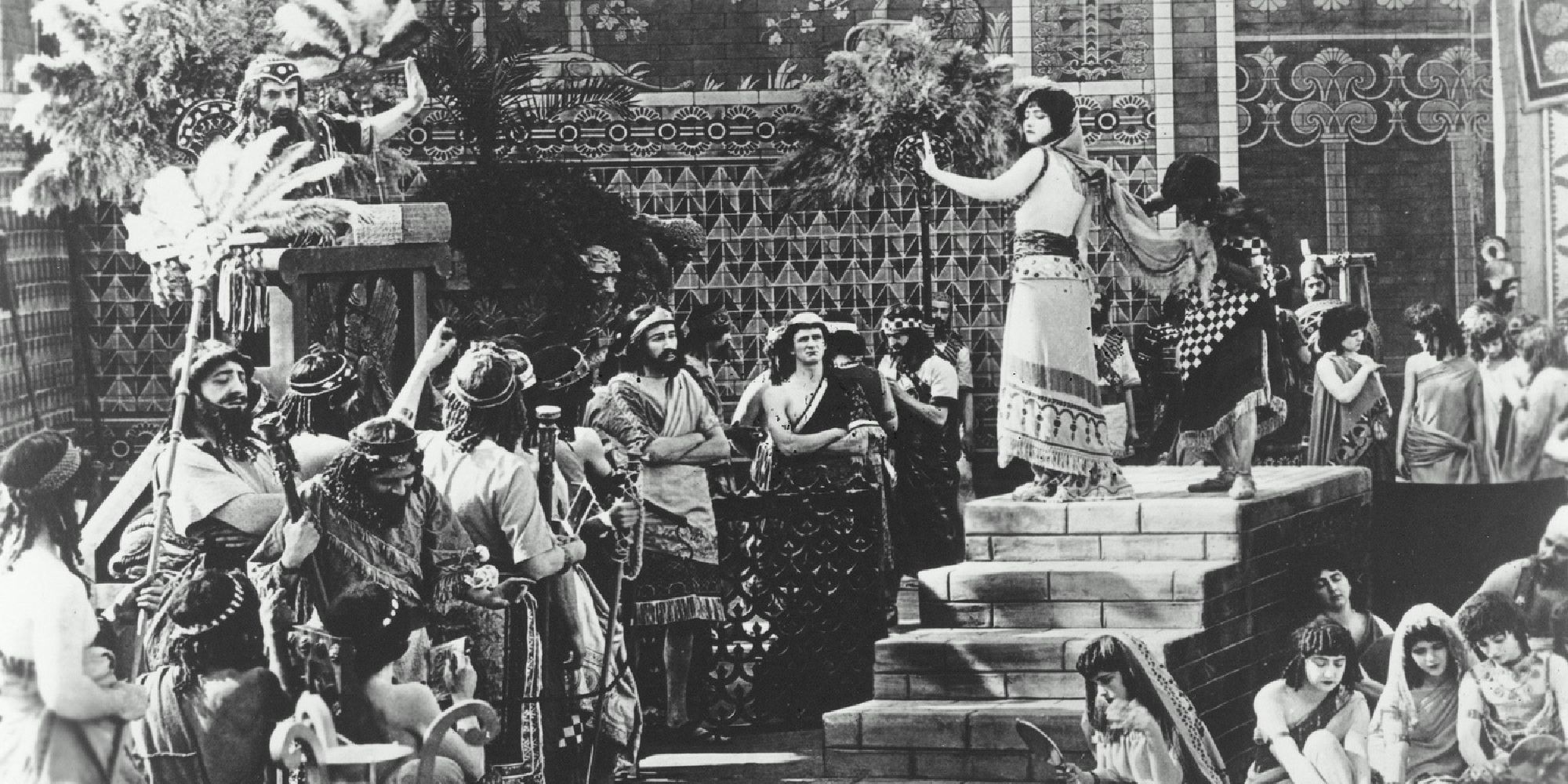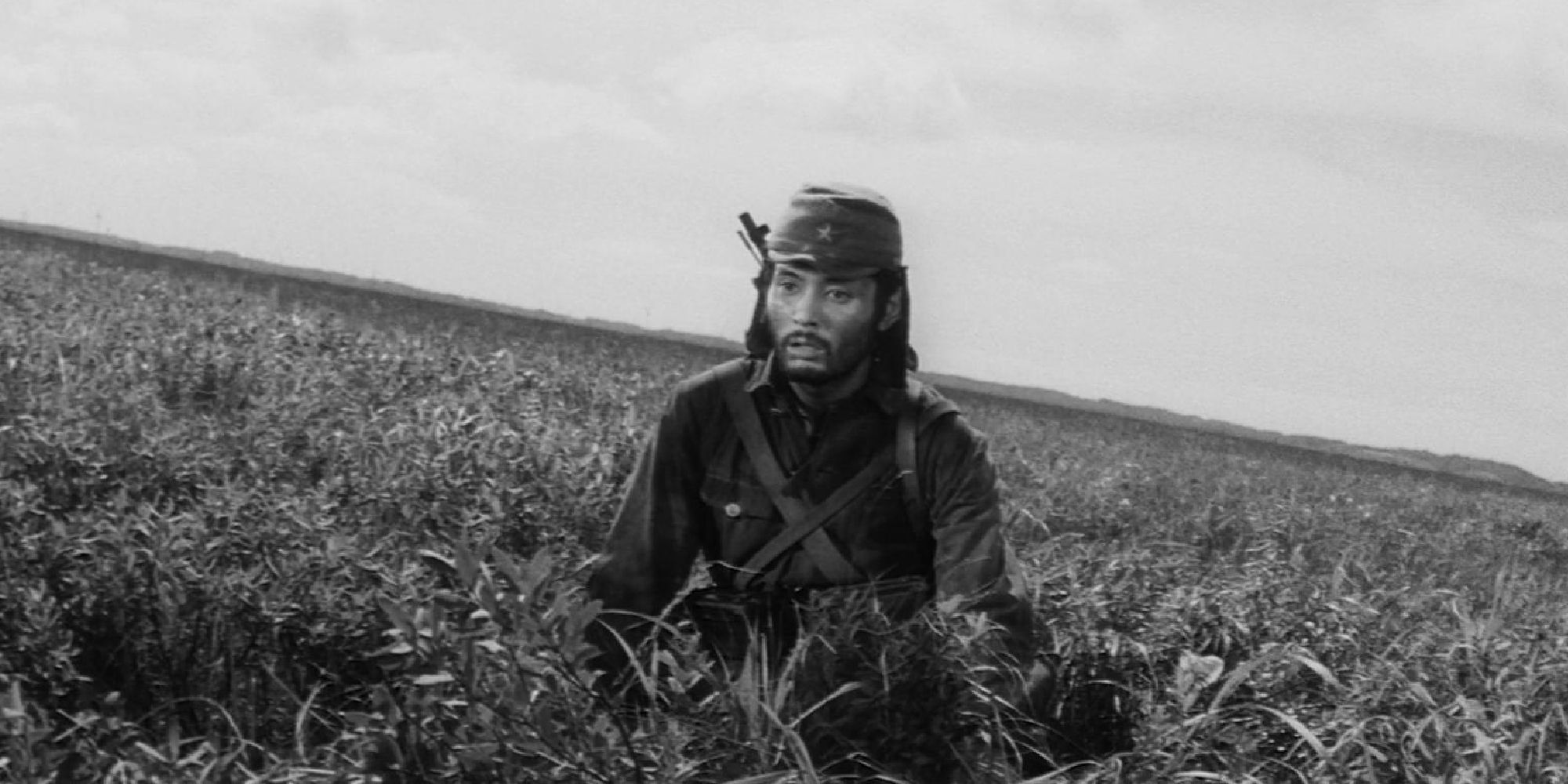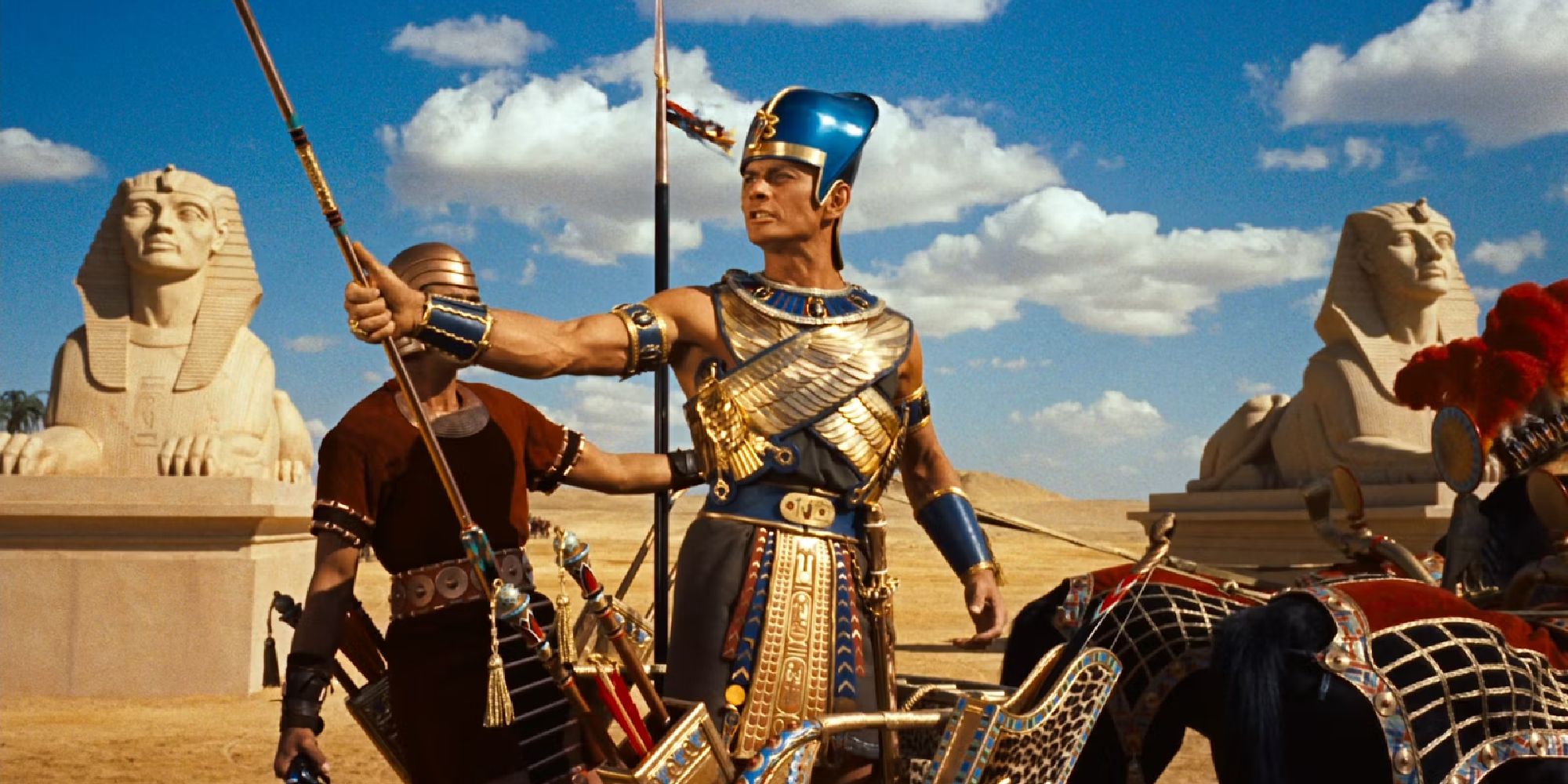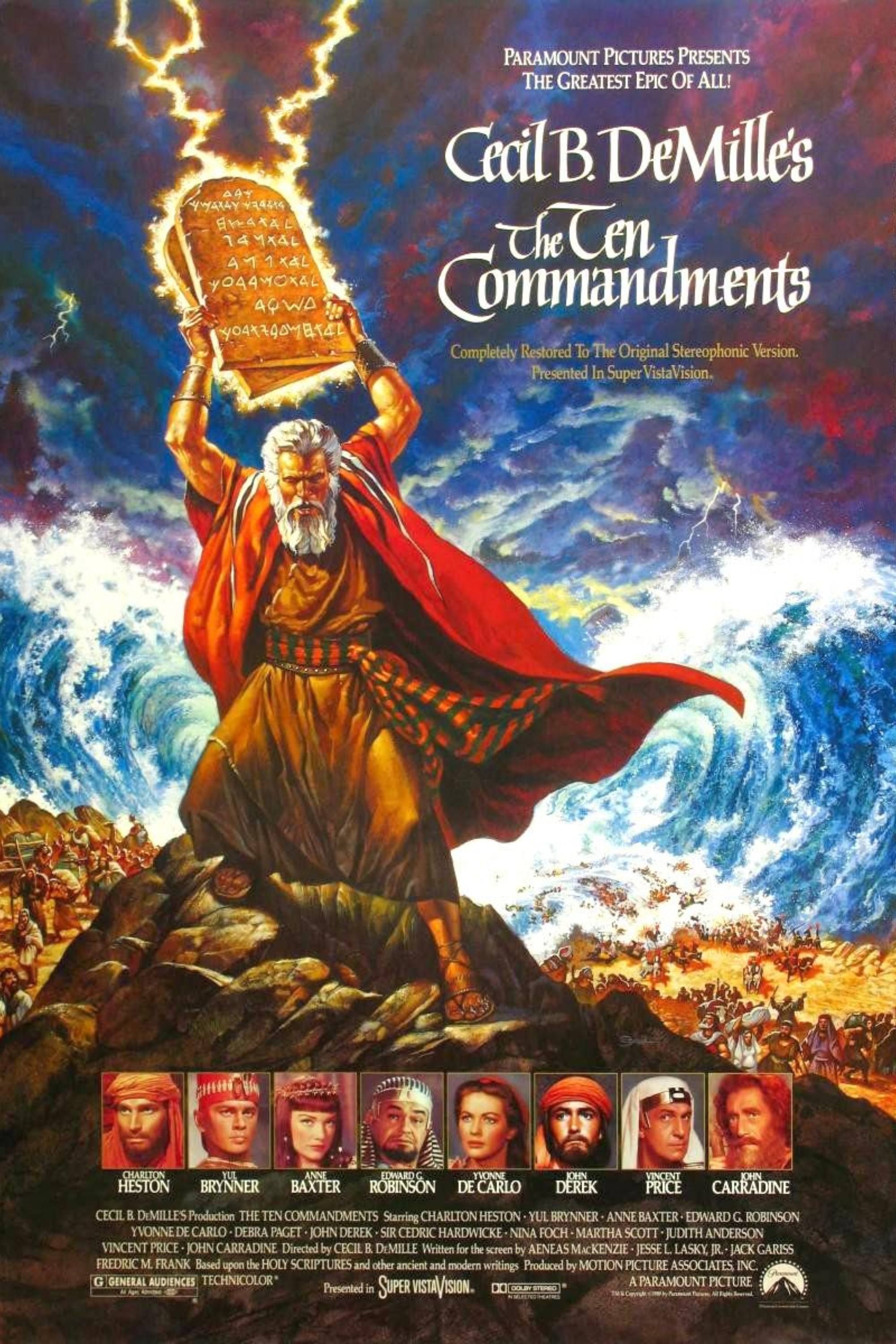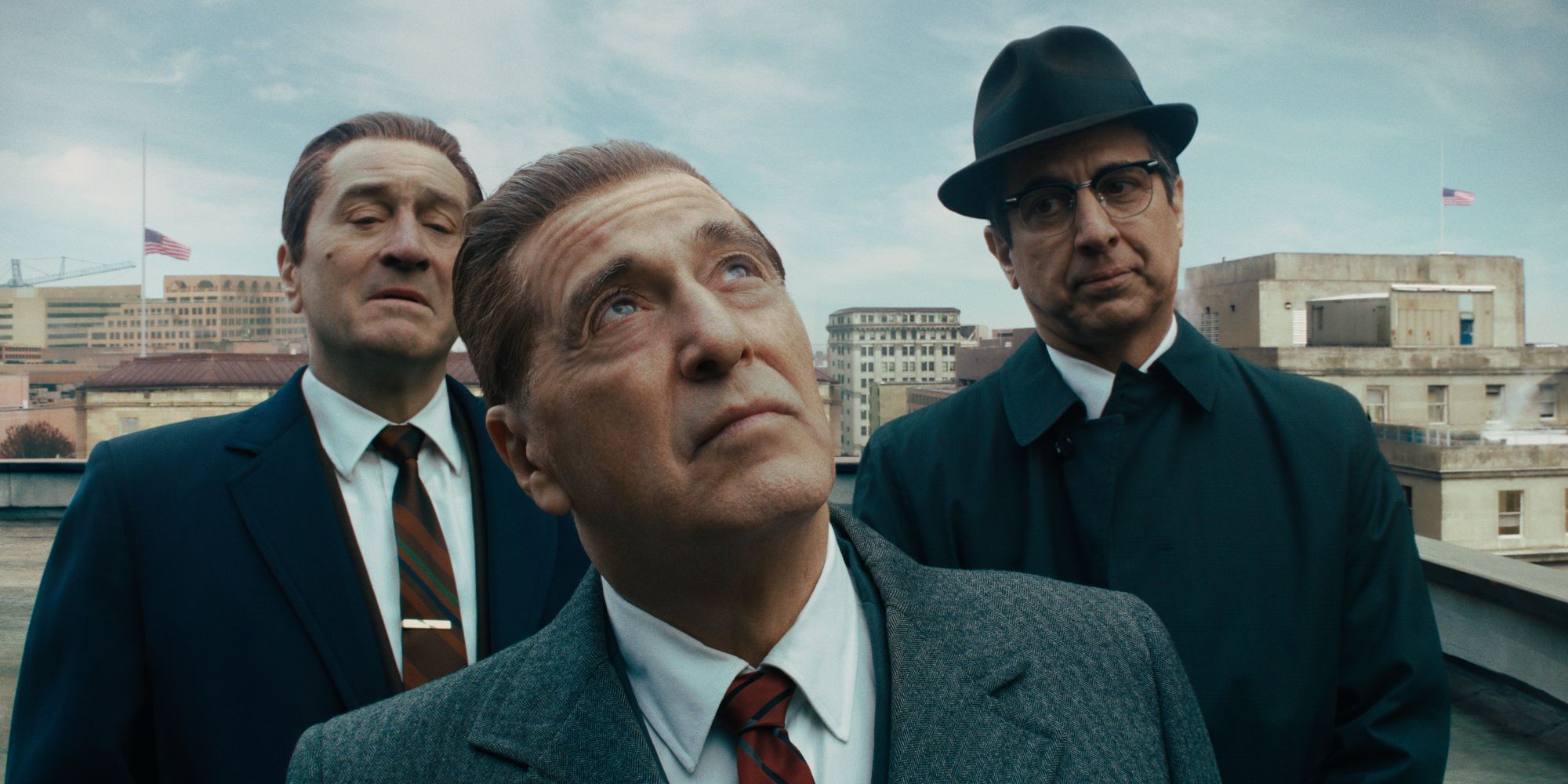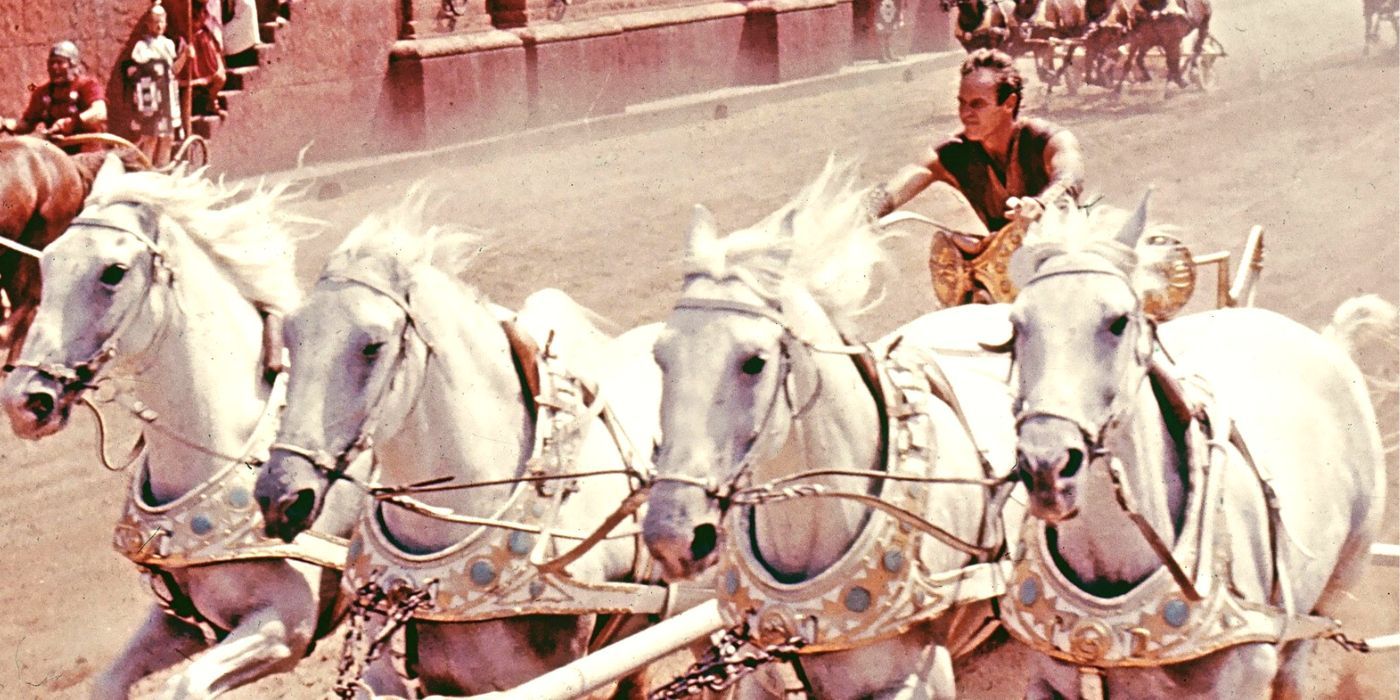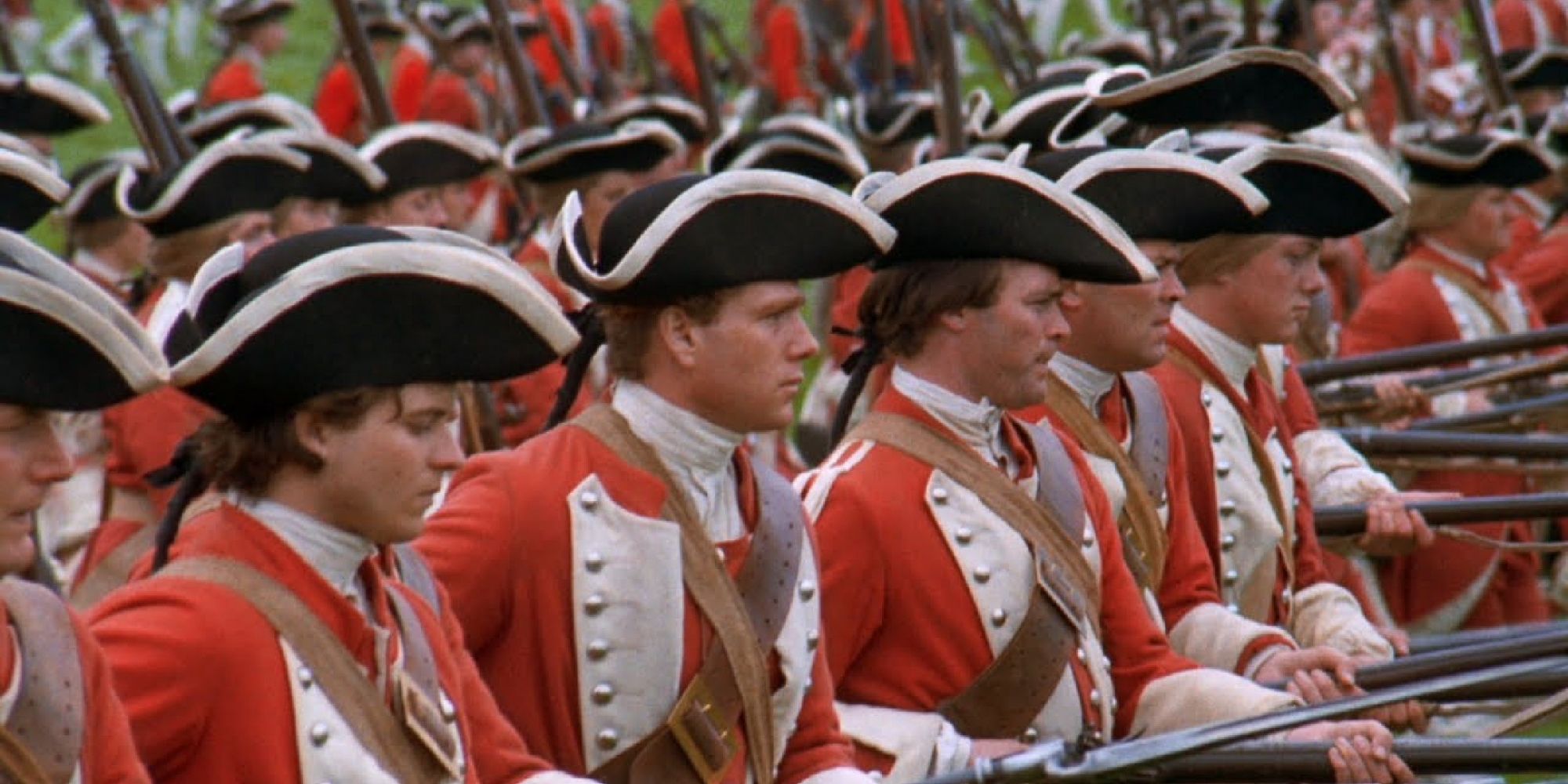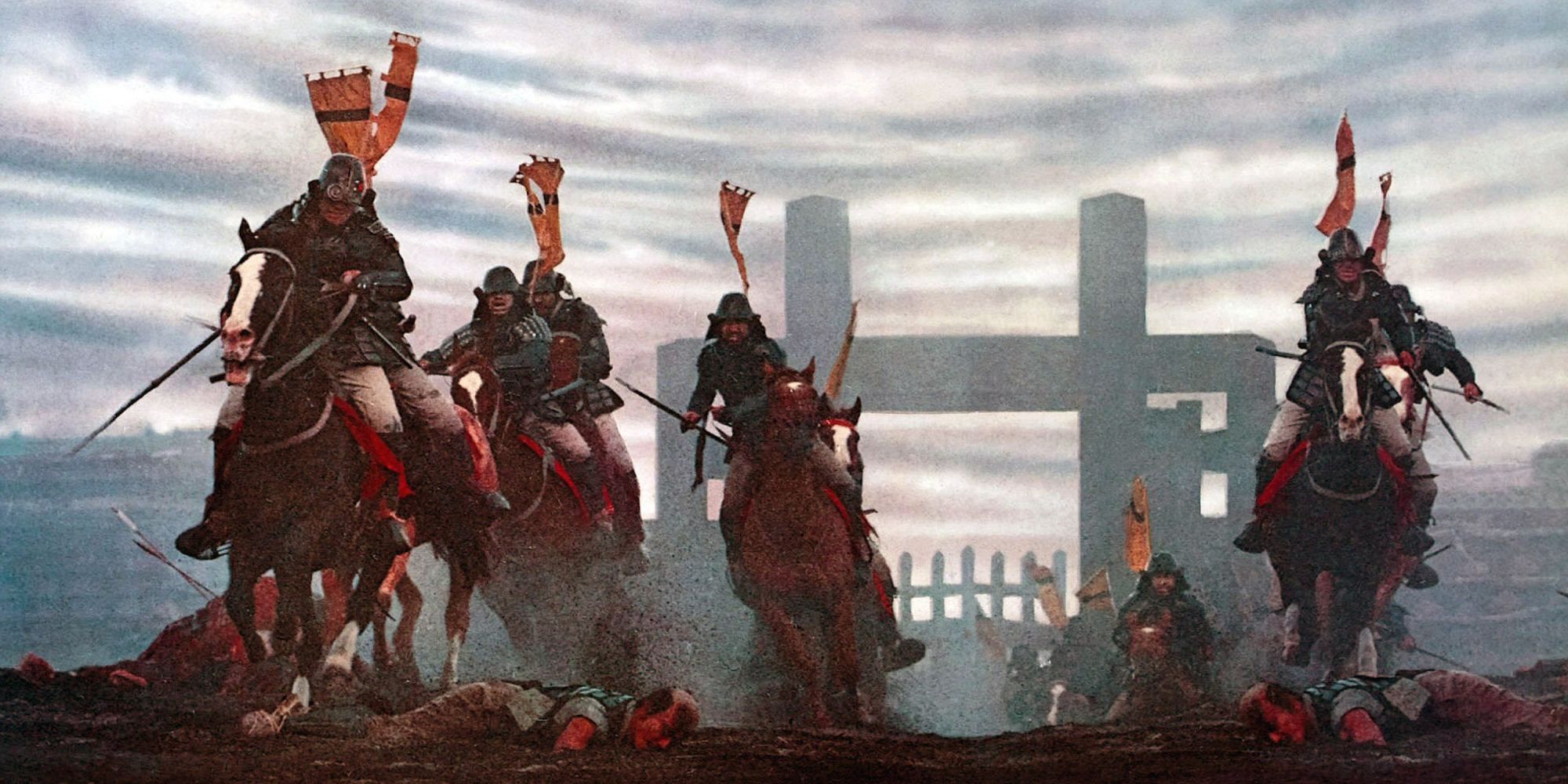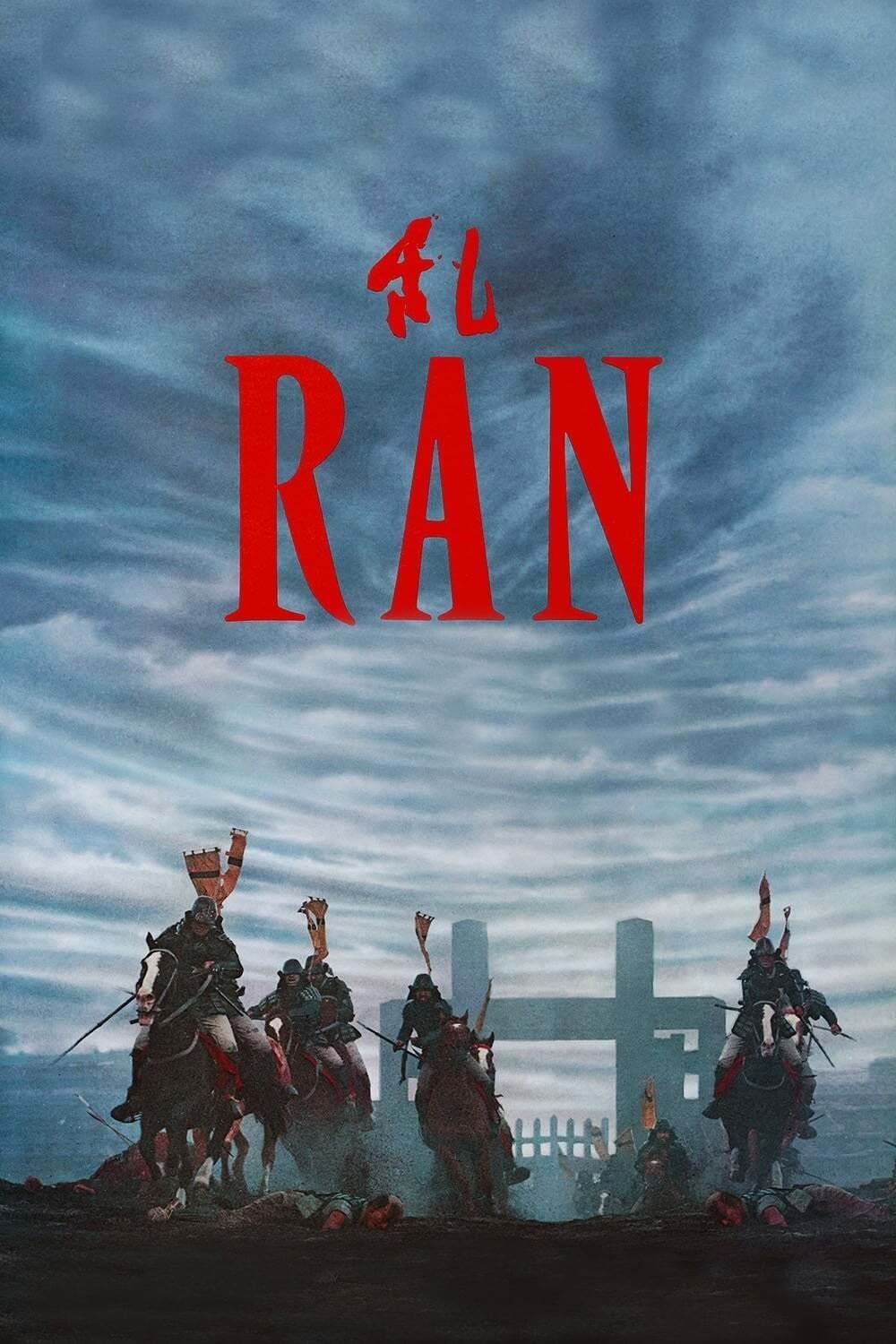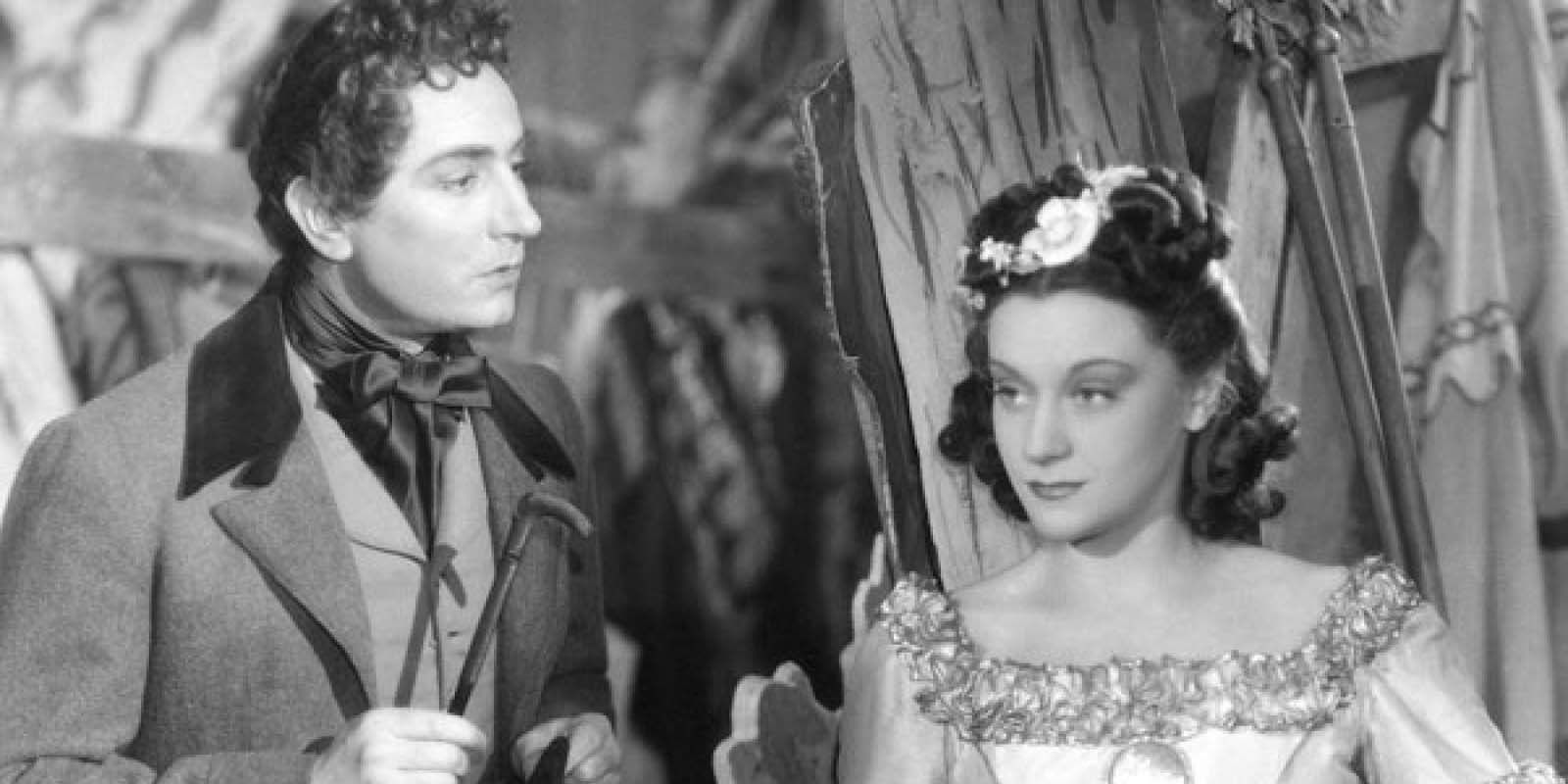Filmmakers who want to go big and impress viewers with things never seen before are likely fans of the epic genre. An epic movie is one that tends to be based on real events and/or real people, plays out over a runtime where an intermission often feels necessary, and has a tremendous amount of money put into production for the purpose of impressing audiences. Spectacle, scale, and length are what the epic genre is all about.
The following movies all fit into this genre for having most – if not all – of the aforementioned qualities. What follows will focus on epics that retell true stories or place fictionalized characters in historical settings. As such, sci-fi or fantasy epics are not included here (that’s not intended to be a slight on the excellent The Lord of the Rings trilogy, for example). Those with time to spare and a desire to be awed ought to check the following films out, and these all-time iconic epics are ranked below from great to greatest.
30 ‘Hamlet’ (1996)
Directed by Kenneth Branagh
Out of all the movies that have either adapted or been inspired by Hamlet, 1996’s Hamlet feels the most epic in scope and complete overall. It aims to adapt the Shakespeare play as accurately and entirely as possible, leading to it being Hamlet at its most unfiltered; a grand tragedy that slowly builds in tension and devastation across approximately four hours.
It ranks up there among the longest theatrically released American movies of all time, and while it’s somewhat exhausting, it is an essential watch as far as Shakespeare adaptations go. Kenneth Branagh did a commendable job both behind the camera and starring in the titular role, with an impressive and extensive cast of well-regarded actors also doing fine work throughout in bringing such a play to life on the big screen.
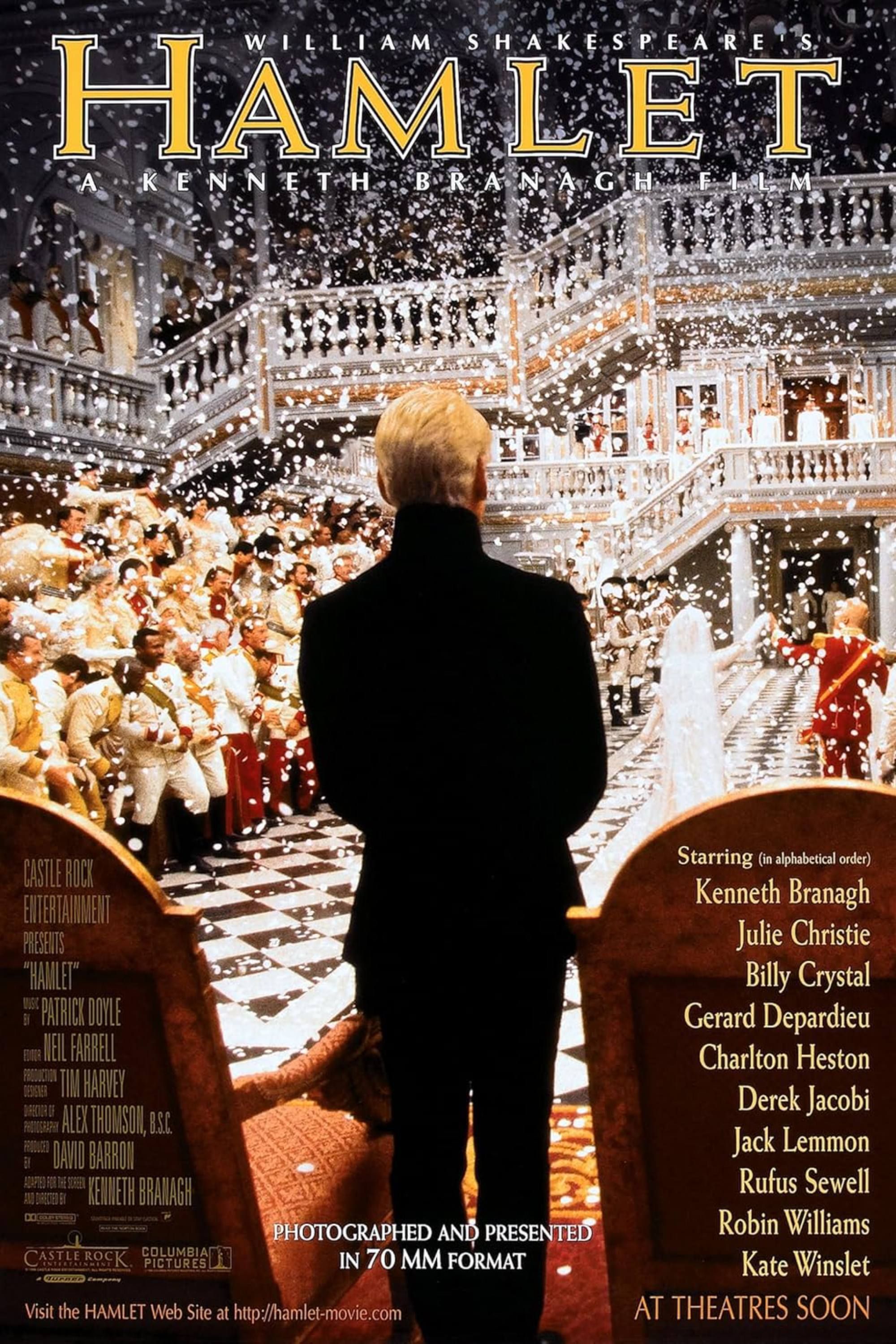
- Release Date
- December 25, 1996
- Runtime
- 242 minutes
- Main Genre
- Crime
29 ‘Lagaan: Once Upon a Time in India’ (2001)
Directed by Ashutosh Gowariker
Working as both a great epic and an excellent sports movie in equal measure, Lagaan: Once Upon a Time in India succeeds in making cricket exciting and cinematic, even for those who might find the game itself tedious. It’s set in India (obviously) near the end of the 19th century, with the plot revolving around a high-stakes cricket match between experienced English players and Indian townspeople less familiar with the game.
It’s perfectly structured and paced, establishing a conflict and stakes, showing preparations for the final game, and then spending an ideal amount of time on that game during the final act. Lagaan: Once Upon a Time in India feels effortless for something that’s over 3.5 hours long, and it’s surprisingly easy to watch, get swept up in, and ultimately enjoy.
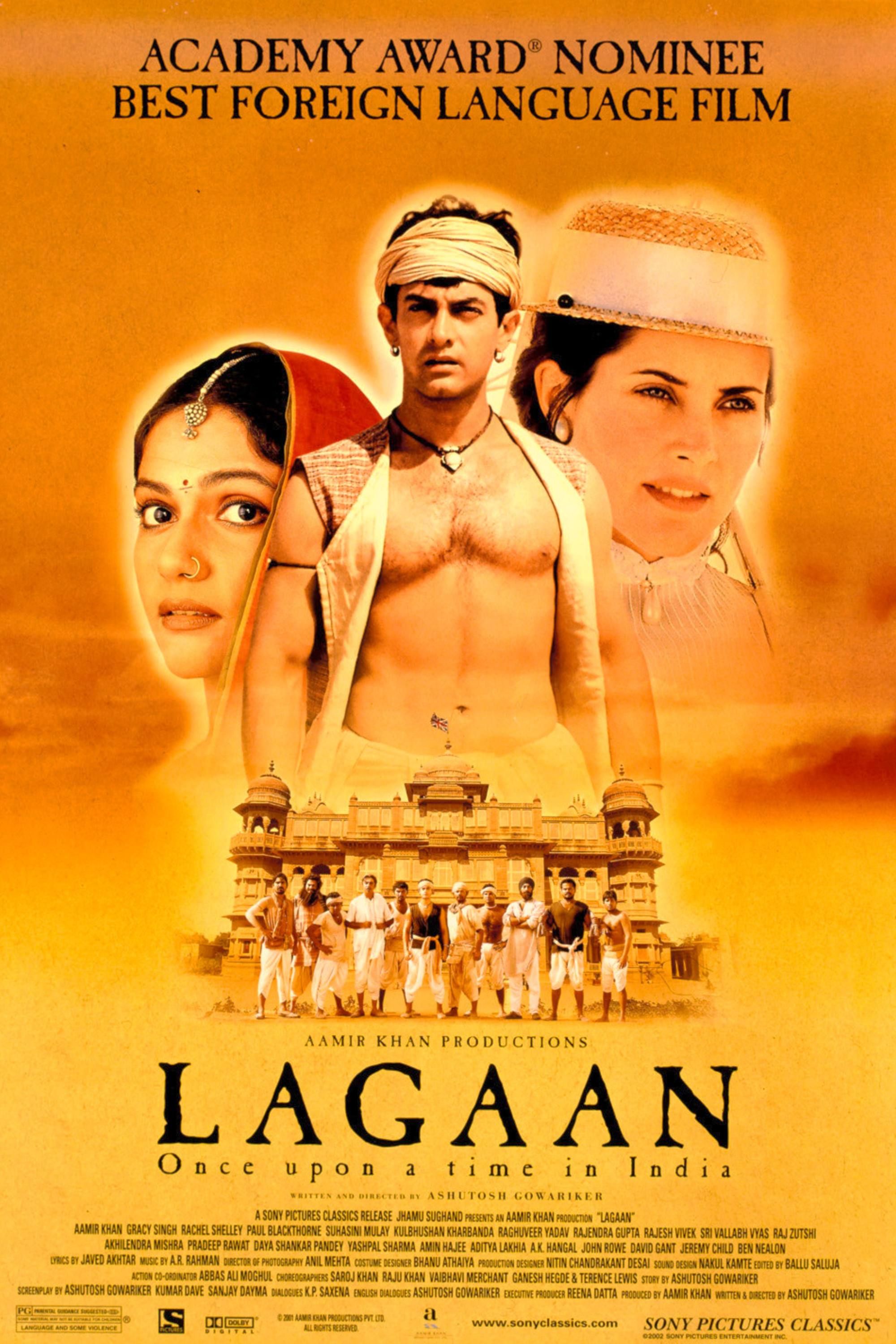
- Release Date
- June 15, 2001
- Director
- Ashutosh Gowariker
- Cast
- Aamir Khan , Gracy Singh , Rachel Shelley , Paul Blackthorne , Suhasini Mulay , Kulbhushan Kharbanda , Raghubir Yadav , Rajendra Gupta
- Runtime
- 224 Minutes
28 ‘It’s a Mad, Mad, Mad, Mad World’ (1963)
Directed by Stanley Kramer
Anyone unconvinced by the (admittedly wild) proposition that a slapstick comedy can’t also be an epic ought to watch It’s a Mad, Mad, Mad, Mad World, which is big, action-packed, technically impressive, and also very stupid. It’s about a chaotic race to find some buried treasure, starting out as a car chase of sorts but gradually evolving to involve all sorts of methods of transport.
It’s a Mad, Mad, Mad, Mad World intends to wear you out while also making you laugh, and how much you enjoy it will probably come down to how fond you are of physical comedy. To see it happen on such a scale is a novelty, and even if it’s tiring, there’s something admirably gonzo about It’s a Mad, Mad, Mad, Mad World, enough to make it arguably one of 1963’s best films.
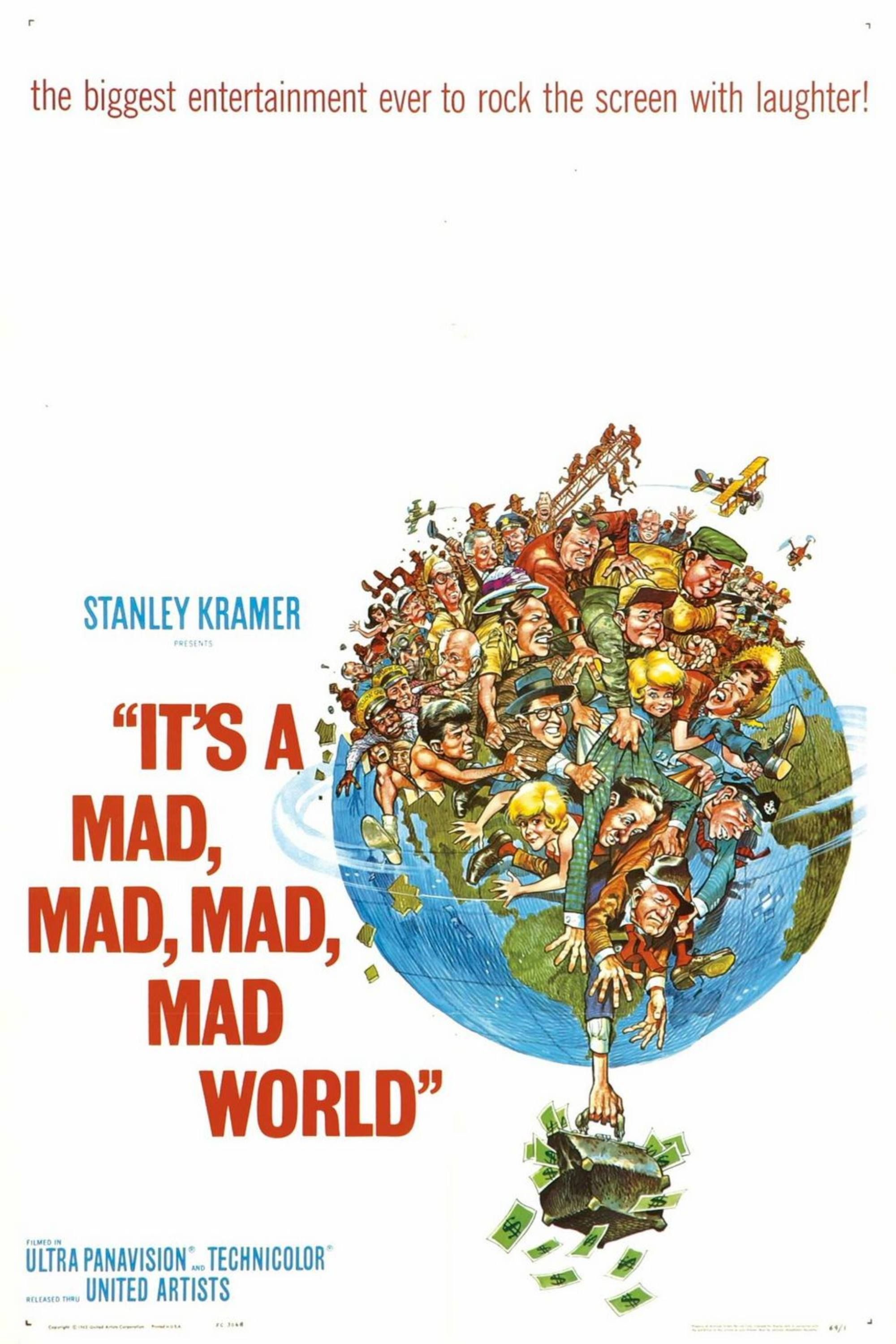
It’s a Mad, Mad, Mad, Mad World
- Release Date
- November 7, 1963
- Director
- Stanley Kramer
- Cast
- Spencer Tracy , Milton Berle , Sid Caesar , Buddy Hackett , Ethel Merman , Mickey Rooney
- Runtime
- 192
27 ‘RRR’ (2022)
Directed by S. S. Rajamouli
More action-packed in a traditional sense than the aforementioned Lagaan: Once Upon a Time in India, RRR is nonetheless another movie that pits underdogs against British villains, with this film being set a little later, too (the 1920s, versus the 1890s). Both films succeed in being emotionally involving and continually exciting over long runtimes, satisfying as undeniably impressive blockbusters.
With RRR, the protagonists are two historical figures who are imagined meeting up in this film and taking on British rule in India, fighting back against repression and injustices in over-the-top action set pieces. RRR delivers spectacle better than many other big movies have in recent years, and finds ways to push the action genre to what feels like its absolute limits, albeit doing so without ever losing the plot entirely. At its core, the story remains emotional and involving on a gut level, no matter how outlandish it gets visually and stylistically.
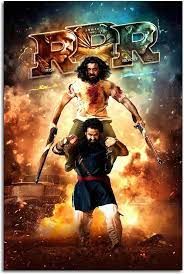
RRR
- Release Date
- March 25, 2022
- Director
- S.S. Rajamouli
- Cast
- Ram Charan , Ajay Devgn
- Runtime
- 187 minutes
26 ‘The Right Stuff’ (1983)
Directed by Philip Kaufman
The Right Stuff is classifiable as a historical drama, but never does it feel stuffy or dry in the way that some movies definable as such can be. It moves well, covers a good many years, and involves a story packed with various interesting characters, broadly being about the early years of the Space Race and centering on the first seven American astronauts who were sent up into space.
There’s drama, spectacle, comedy, satire, and awe to be found within The Right Stuff, and it’s an expertly crafted balancing act of a film that manages to do a bit of everything all at once. It’s easily one of the most underrated epic movies of all time, and deserves praise for its score, cinematography, skilled direction, numerous great performances, and absolutely brilliant screenplay.
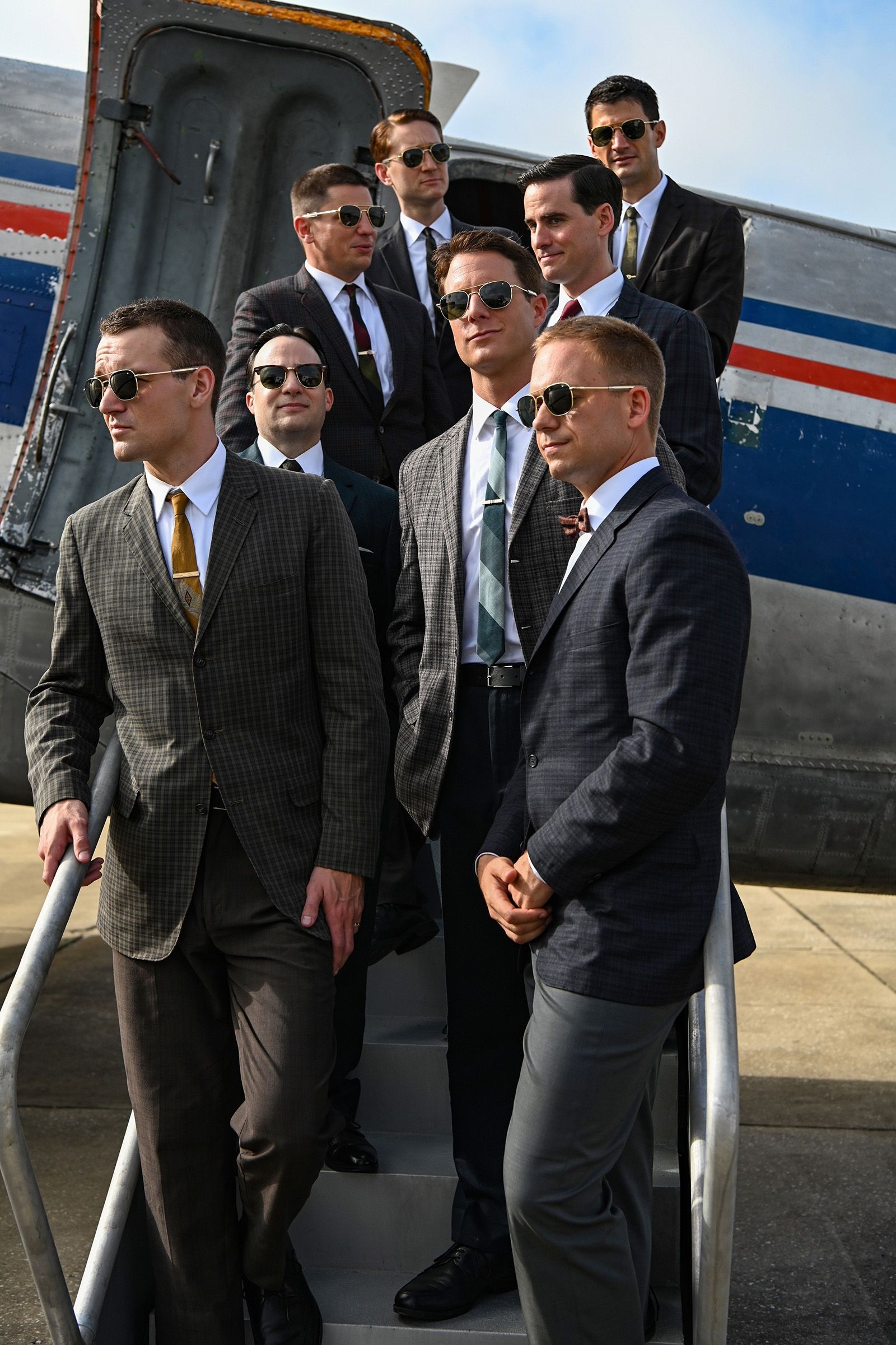
- Release Date
- October 20, 1983
- Director
- Philip Kaufman
- Runtime
- 193
25 ‘Gladiator’ (2000)
Directed by Ridley Scott
No one can deny that Ridley Scott knows how to make historical epics, as this kind of movie represents a significant chunk of the titles within his vast filmography. There’s a strong argument to be made that Gladiator – while perhaps not the most historically accurate – is Scott’s overall best epic, and one of the most exciting films of its decade. It stars Russell Crowe as a Roman army general who’s betrayed and forced to fight in gladiatorial combat, all the while plotting his revenge.
It begins with a huge battle sequence, sets up an emotional story, and then slowly builds to a dramatic and intense climax, staging several gripping – and amazingly well-crafted – action sequences along the way. Alongside The Lord of the Rings (2001-2003), Gladiator can be seen as a movie that made epics cool again in the early 2000s, and though it’s unfortunate they might have gone out of fashion once more (superheroes were more the rage in the 2010s), at least it was fun while it lasted.
24 ‘The Emigrants’ (1971) & ‘The New Land’ (1972)
Directed by Jan Troell
The Emigrants and The New Land are two halves of the same story, with this duology being made as one whole epic, though it was released in two parts, perhaps because otherwise, it would demand its audience sit in a theater for 6.5 hours (even with an intermission, that could be daunting). The story follows a Swedish family during the mid-1800s that decides to leave home and make a perilous journey across the sea to start a new life in the purportedly prosperous America.
The Emigrants is mostly about the family’s difficult life in Sweden and the difficult journey to the States, while The New Land feels more like a Western of sorts, showing the trials and tribulations that the family deals with while trying to settle. It’s daunting, harrowing, grisly, and very sad in parts, but it’s hard not to be impressed by the scale of this two-part film, as well as the performances from much of its cast, including Swedish superstars (and frequent Ingmar Bergman collaborators) Max von Sydow and Liv Ullmann.
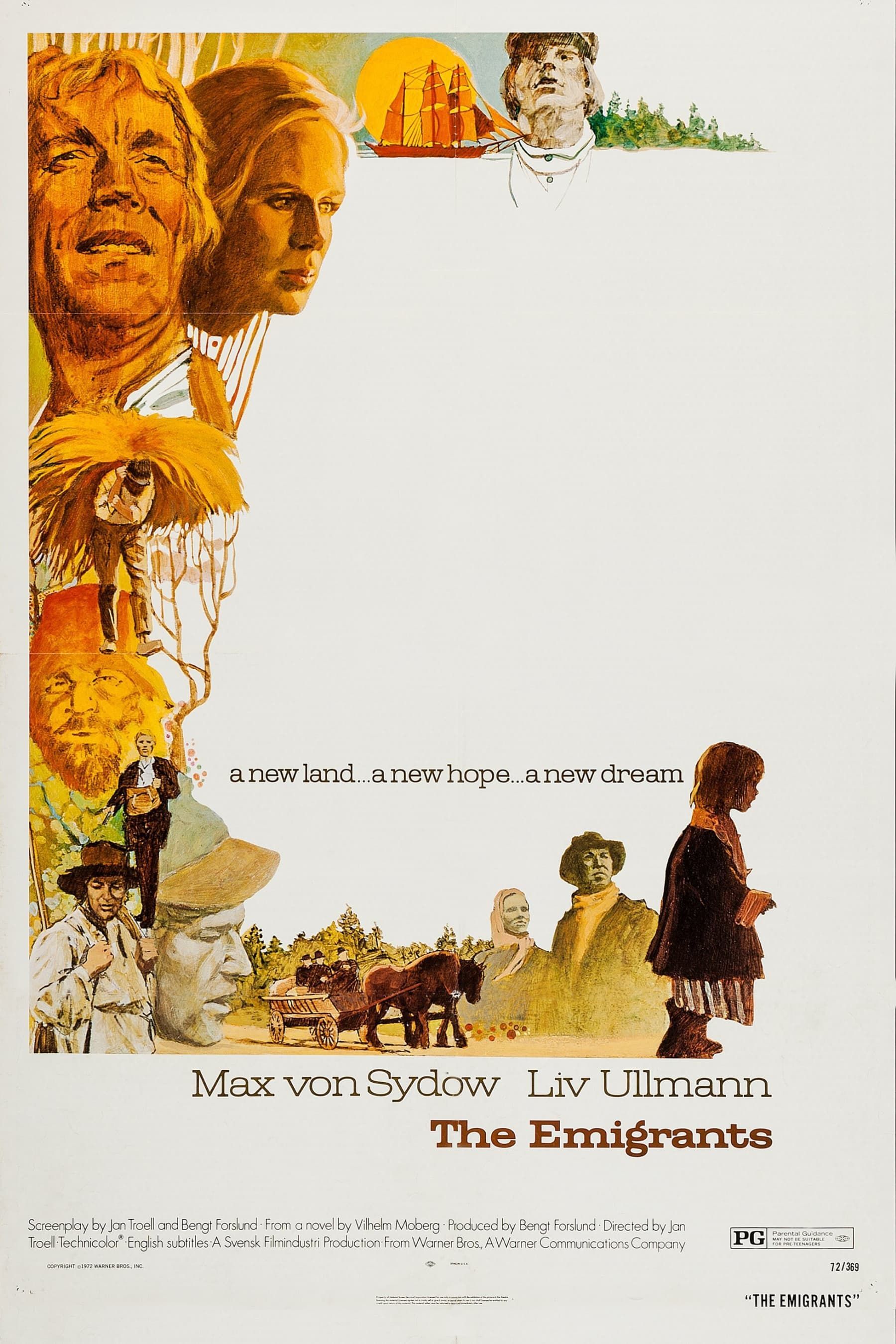
The Emigrants
- Release Date
- March 8, 1971
- Director
- Jan Troell
- Cast
- Max Von Sydow , Liv Ullmann , Eddie Axberg , Allan Edwall , Monica Zetterlund , Pierre Lindstedt
- Runtime
- 191 Minutes
The Emigrants and The New Land are not currently available for streaming in the US.
23 ‘Spartacus’ (1960)
Directed by Stanley Kubrick
Stanley Kubrick was always an ambitious filmmaker, so it makes sense that he made a handful of genuine epics during his directorial career. Spartacus was one of the biggest films he ever made, and his first movie that ran for more than 90 minutes. However, saying that is really underselling it, because the total runtime for Spartacus dwarfs the runtime of the four feature films Kubrick made in the 1950s, given this 1960 epic runs for a staggering 197 minutes.
Spartacus uses this runtime well, telling an expansive and action-packed historical story about a slave who leads an uprising, building a progressively larger army as he goes and proving himself a threat to those in Rome who held power back in the first century BC. Kirk Douglas gives one of his most memorable performances in the lead role here, the supporting cast – including Laurence Olivier, Charles Laughton, and Tony Curtis – impresses, and the battle scenes hold up extremely well.
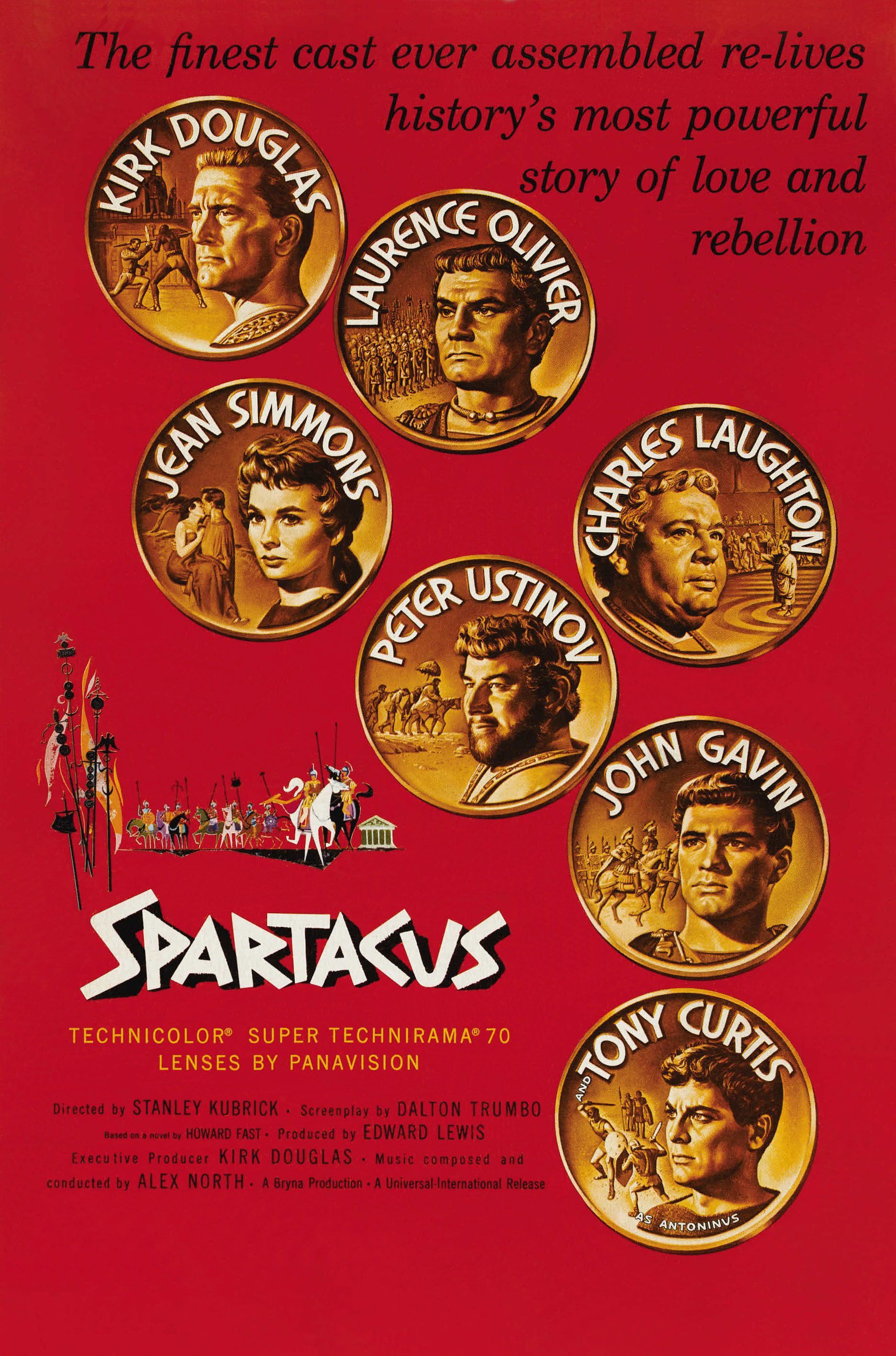
- Release Date
- October 6, 1960
- Director
- Stanley Kubrick , Anthony Mann
- Cast
- Kirk Douglas , Laurence Olivier , Jean Simmons , Charles Laughton , Peter Ustinov , John Gavin , Nina Foch , John Ireland
- Runtime
- 197 Minutes
22 ‘Gone with the Wind’ (1939)
Directed by Victor Fleming
There are many things that could be – and have been – said about Gone with the Wind in the 80+ years since its release. It’s a movie that belongs to several different genres, and is able to bounce between them because it has an almost four-hour runtime to work with. Much of Gone with the Wind‘s about the troubled romance between Scarlett O’Hara and Rhett Butler, with plenty of melodrama attached, and it also plays out during – and shortly after – the American Civil War.
So it’s a romance/drama/war film, and one of the earliest films that can be recognized as a classic Hollywood epic movie. Gone with the Wind has also been controversial, especially when watched today, due to some of its political and racial content, which can date the film as a whole to some extent. Nevertheless, the film is an important one historically – and one of the highest-grossing of all time – so it’s hard to talk about classic epic films without at least giving it some acknowledgment.
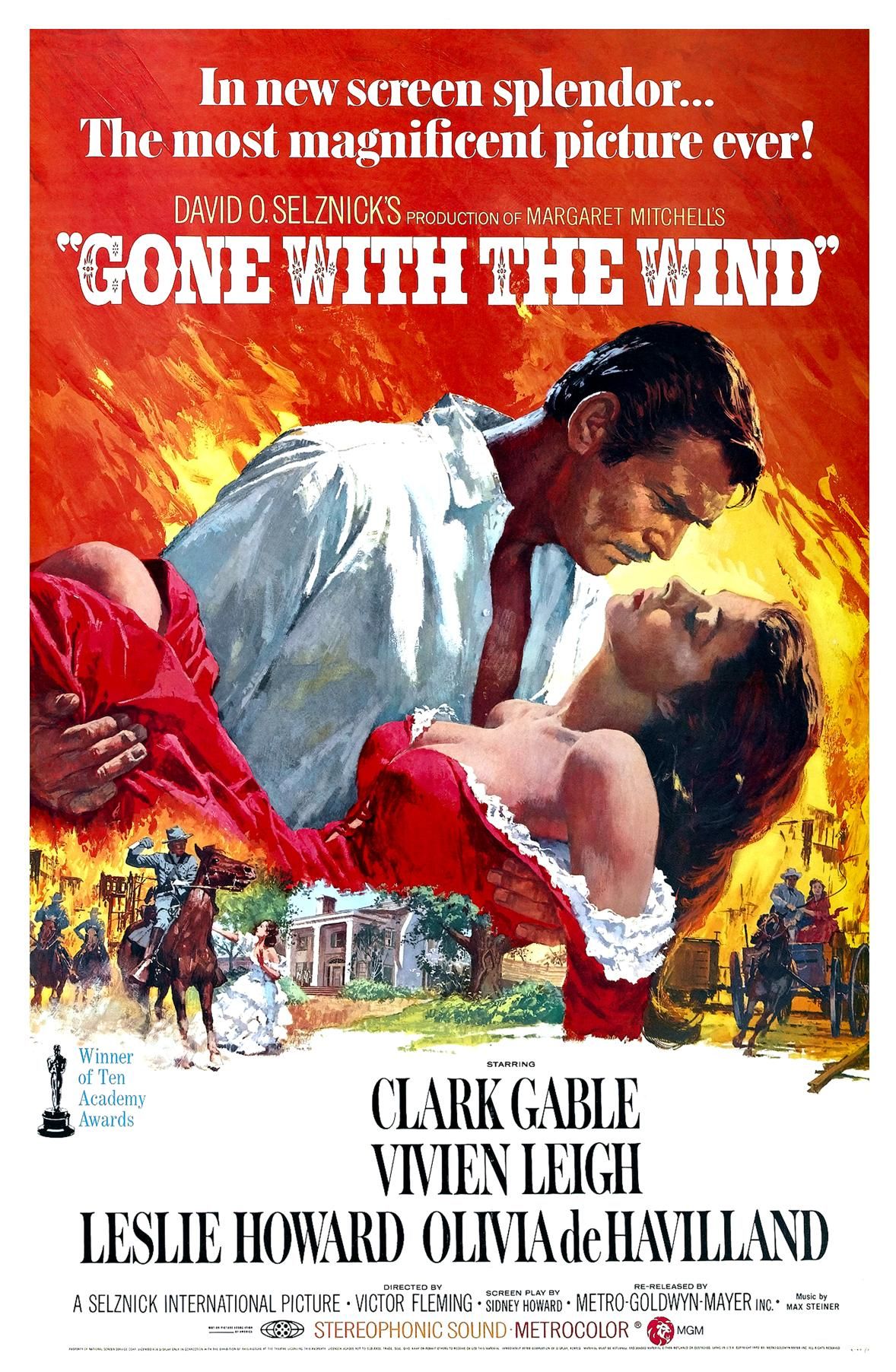
Gone With the Wind
- Release Date
- December 15, 1939
- Director
- Victor Fleming , George Cukor , Sam Wood
- Cast
- Thomas Mitchell , Barbara O’Neil , Vivien Leigh , Evelyn Keyes , Ann Rutherford , George Reeves , Hattie McDaniel
- Runtime
- 238 minutes
21 ‘Reds’ (1981)
Directed by Warren Beatty
Reds was certainly an ambitious undertaking for Warren Beatty, as this 195-minute historical drama was directed, produced, and co-written by him. Further, he starred in the movie alongside Diane Keaton, with those two being backed by a remarkable supporting cast that included the likes of Jack Nicholson, Paul Sorvino, M. Emmet Walsh, and even Gene Hackman in an unusually brief appearance.
It’s an epic about an American journalist named John Reed, and the way his life was forever changed after getting wrapped up in the socialist revolution in Russia during the 1910s. Reds spends time on his tumultuous relationship with fellow writer Louise Bryant, as well as how Reed took what he learned of in Russia and tried to inspire similar change back in the U.S. It’s a long and dense film, but worth sticking with for the complex ideas explored throughout, as well as for the strength of its great cast.
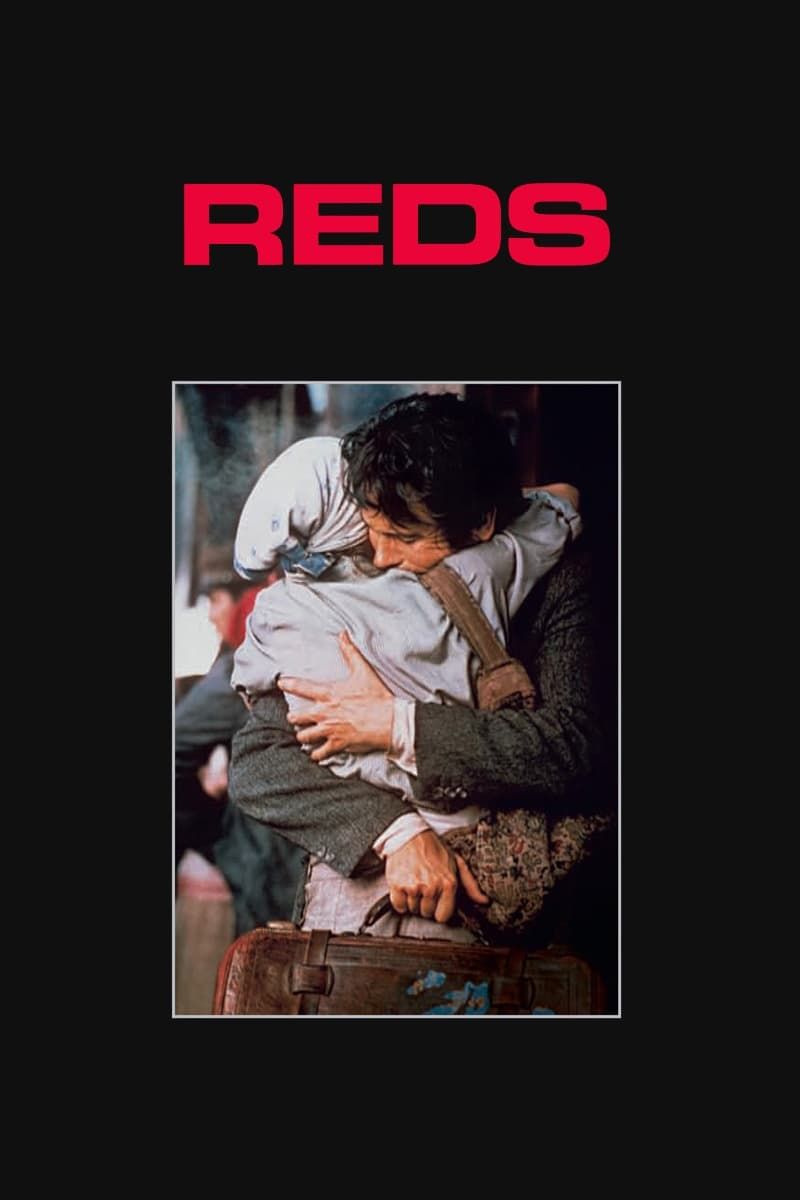
- Release Date
- December 25, 1981
- Runtime
- 195 Minutes
20 ‘The Leopard’ (1963)
Directed by Luchino Visconti
An Italian film that stars renowned American actor Burt Lancaster, The Leopard takes place during a time of social upheaval in Italy, during the 1860s. At the center of the film is a wealthy family that intends to hold onto as much power and wealth as they can, even while the times around them seem to be changing. Lancaster’s character is an aging prince who believes arranging the right kinds of marriages may be the key to surviving such societal changes.
The Leopard stands in contrast to some other iconic epics, as there’s little sense of adventure, action, or even genuine romance here, and it’s overall more of a drama, with a great deal of political intrigue and dialogue throughout. Yet its production values are impressive and complement the 3+ hour runtime well, making this much more than just an ordinary historical drama. Those with the time to spare who don’t mind something patiently paced might want to check The Leopard out.
19 ‘Intolerance: Love’s Struggle Throughout the Ages’ (1916)
Directed by D.W. Griffith
Most film buffs will appreciate how great movies were released as far back as the 1920s, but films made even earlier tend to get overlooked. The 1910s was when the feature film format began to take shape, and many broad cinematic genres/conventions came to be formed. D.W. Griffith was a leading figure from this time responsible for the development of the artform, and though the infamous The Birth of a Nation (1915) is his best-known, it’s 1916’s Intolerance: Love’s Struggle Throughout the Ages that’s overall better and more deserving of recognition.
The latter serves as Griffith reflecting and commenting on some of the criticisms the former got, all the while being more ambitious and impressive from a technical perspective, as well as something that feels easier to watch nowadays. Across 197 minutes, Griffith tells several thematically linked stories from throughout history, bouncing between them with ease and presenting some truly staggering sights on screen that still look gargantuan to this day. The fact Intolerance is both a long and silent film may not make it the easiest thing to sit back and casually watch, but those interested in film history should give it a shot (and prioritize it over The Birth of a Nation).
18 ‘The Human Condition’ Trilogy (1959-1961)
Directed by Masaki Kobayashi
There are three films that make up The Human Condition trilogy, and each when taken on its own would qualify as a groundbreaking epic. The three films – No Greater Love, Road to Eternity, and A Soldier’s Prayer – all exceed three hours in length, with the total runtime being a gargantuan 579 minutes. It’s hard to differentiate them quality-wise, and they all add up to tell one coherent and tremendously moving story, so it’s best to highlight them as one multi-part film.
The Human Condition revolves around a conscientious objector named Kaji, and the way he’s continually challenged throughout World War II. It’s a lengthy and intense look at Japan immediately before, during, and then after the Second World War, and is able to look at all these stages through the life of one man, thanks to its three parts and almost 10-hour length. It is exhausting and challenging, but intentionally so, and few other epics movies out there provide a comparable experience to absorbing all three parts of The Human Condition trilogy.
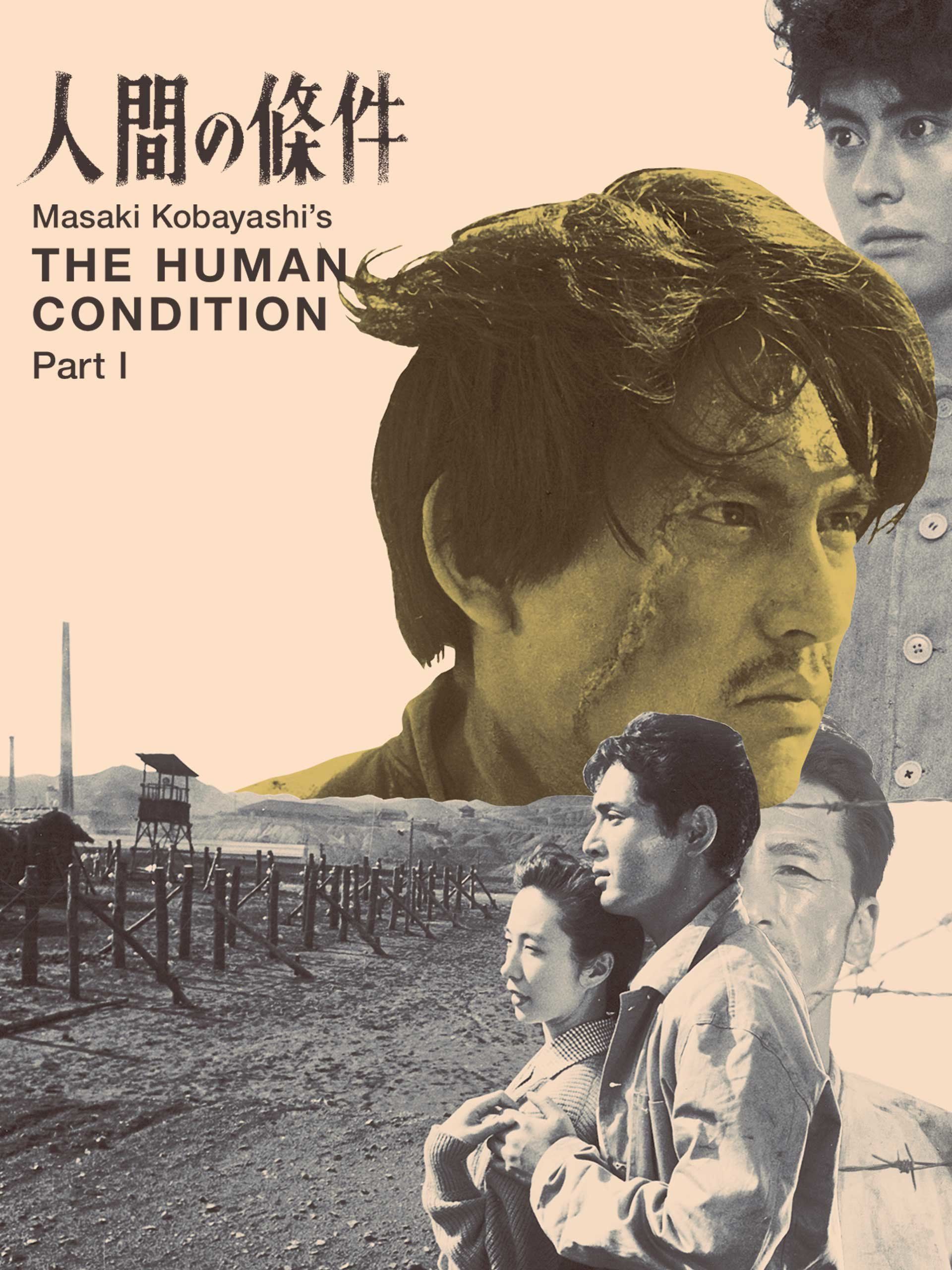
- Release Date
- December 14, 1959
- Director
- Masaki Kobayashi
- Cast
- Tatsuya Nakadai , Michiyo Aratama , Chikage Awashima , Ineko Arima , Keiji Sada , Sô Yamamura , Akira Ishihama , Kôji Nanbara
- Runtime
- 208 Minutes
17 ‘The Ten Commandments’ (1956)
Directed by Cecil B. DeMille
The biblical story of Moses and the Ten Commandments has been continually told and re-told throughout cinema history. Examples from at least the past few decades have included the underrated animated film The Prince of Egypt, as well as the unfortunately not-very-good Ridley Scott epic Exodus: Gods and Kings. Legendary American filmmaker Cecil B. DeMille was so enamored by the story that he even adapted The Ten Commandments to film twice: once in 1923, and then again in 1956.
It’s the 1956 version that’s perhaps the definitive one, and given it was DeMille’s final film, it’s safe to say that he ended his filmmaking career with a bang. It’s a huge production, running for well over 3.5 hours and having special effects that were absolutely groundbreaking for their time. It tells one of the Bible’s best-known stories with plenty of care and spectacle, and is the sort of ambitious epic movie that one doesn’t have to be religious necessarily to appreciate.
16 ‘The Irishman’ (2019)
Directed by Martin Scorsese
Not only is The Irishman up there with Martin Scorsese’s best crime movies, but it’s also safe to say that it’s one of his best movies overall, regardless of genre. It’s a gangster movie and a tragic story about aging, loneliness, and deep regret, following an elderly hitman as he reflects on his life of crime. Throughout the film, The Irishman reveals itself to be about the unstoppable nature of death, and the guilt that one can feel as it approaches and one realizes how a life was perhaps misspent.
Safe to say, The Irishman is therefore not exactly a fun movie, but it does have its exciting moments and features small well-needed comedic moments throughout (but never so many that they detract from the drama). If you can get past some occasionally imperfect de-aging effects, The Irishman is a staggering achievement from an aging yet wiser-than-ever filmmaker at the height of his directorial powers, bolstered by some all-time great performances from acting legends like Robert De Niro, Al Pacino, and Joe Pesci.
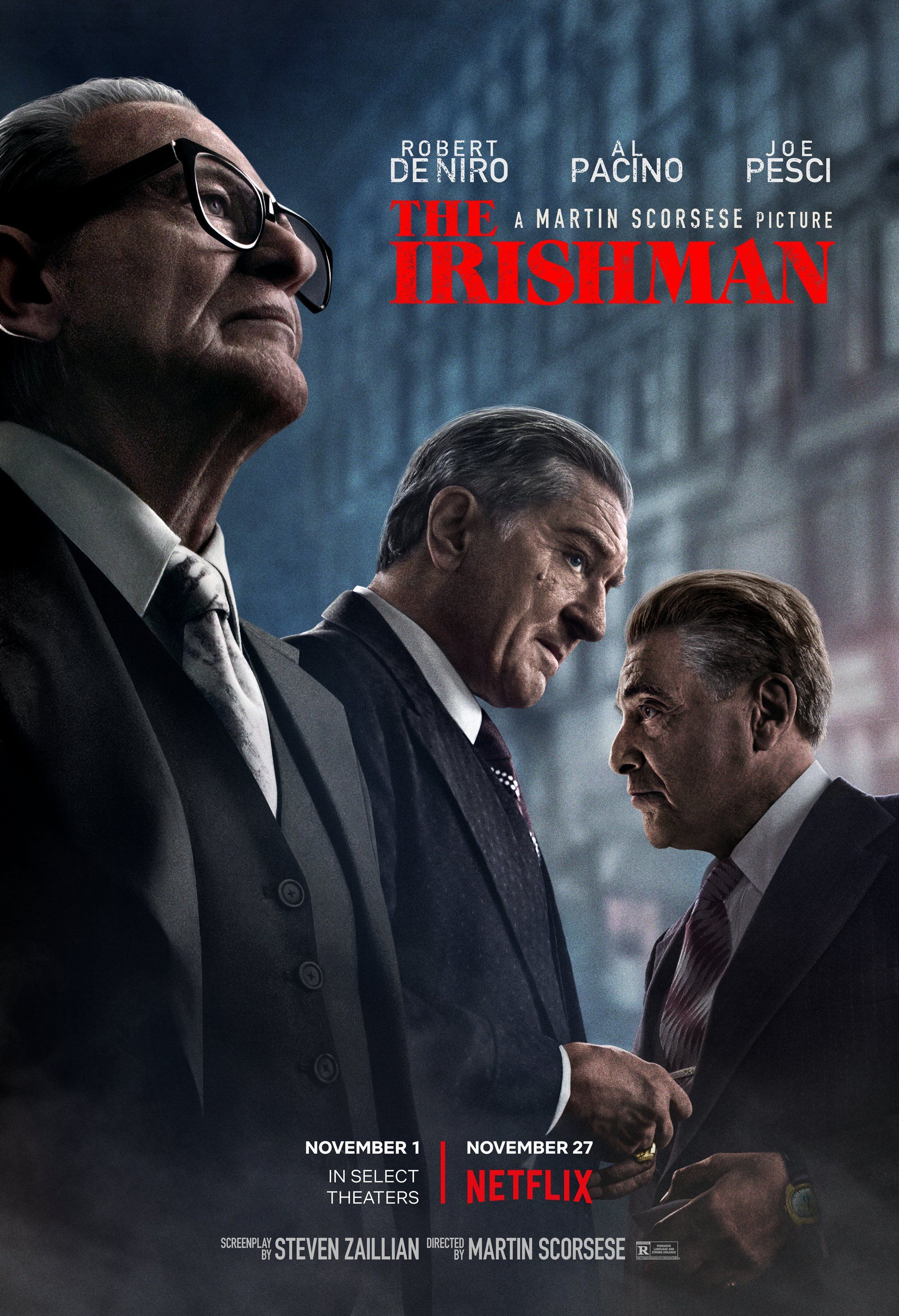
- Release Date
- November 27, 2019
- Director
- Martin Scorsese
- Runtime
- 209 minutes
15 ‘Ben-Hur’ (1959)
Directed by William Wyler
As demonstrated by aforementioned epics like Gone with the Wind and The Ten Commandments, Hollywood certainly knew how to go big during its Golden Age. Yet it’s possible to see Ben-Hur – released the year before things got more radical in the 1960s – as a film that attempted to outdo all the comparable epics that came before. There’s a strong argument to be made that this 1959 classic was successful in doing just that, thanks to it helping popularize the phrase “bigger than Ben-Hur.”
Ben-Hur is set during the time of Christ, with its lead character – Judah Ben-Hur – being wronged by someone in a position of power, sold into slavery, and then becoming determined to seek revenge (here done through an iconic chariot race during the film’s climax). Narratively, that gives it some similarities to subsequent epics like Spartacus and Gladiator, so anyone who’s seen/enjoyed those without ever having gotten around to Ben-Hur ought to add it to their watchlist as soon as possible.
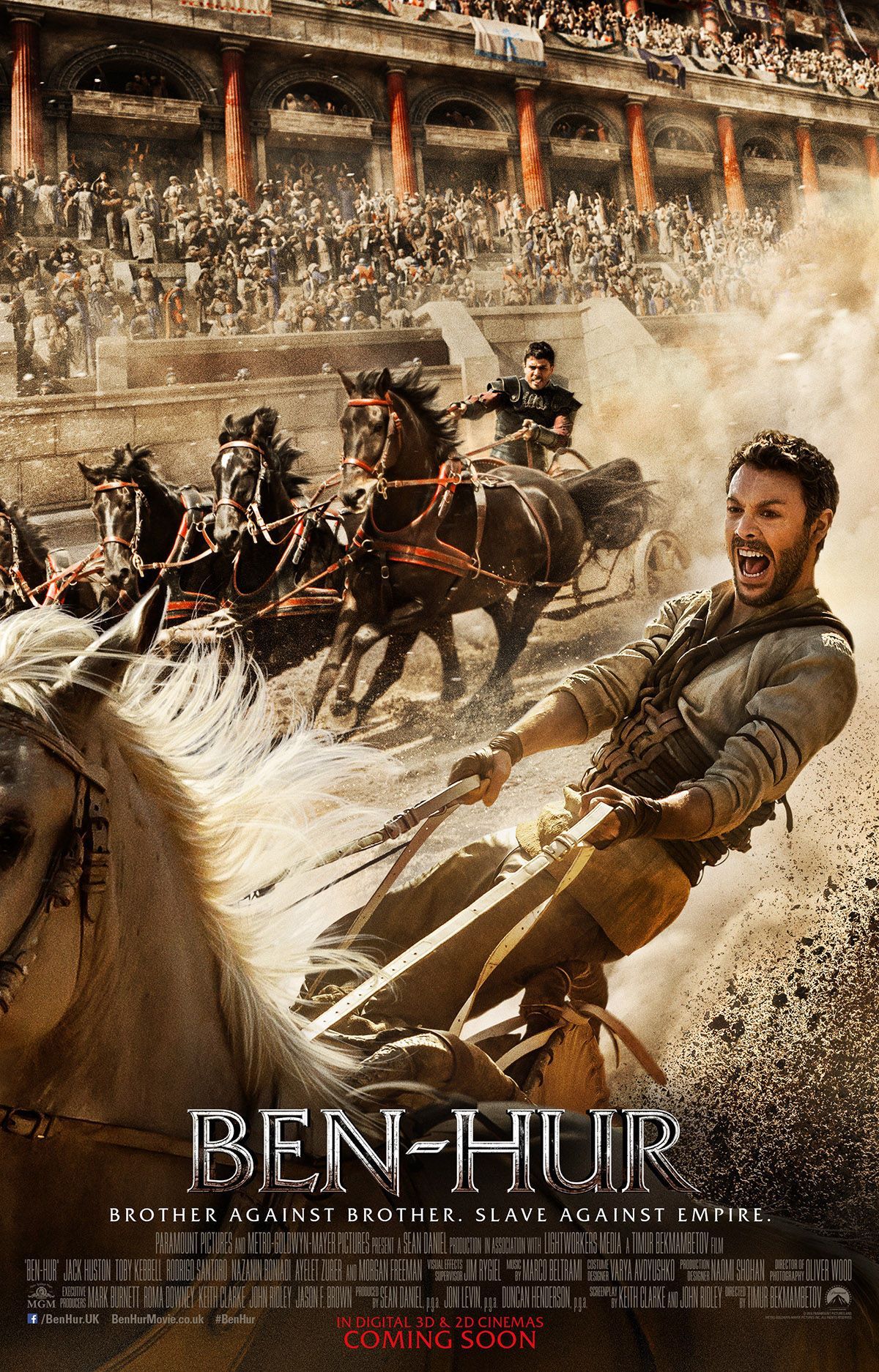
- Release Date
- April 19, 2016
- Runtime
- 123 Minutes
14 ‘Napoleon’ (1927)
Directed by Abel Gance
Napoleon Bonaparte had an undeniably eventful life, which means any successful biographical film that wants to cover as much of said life as possible is going to have to be long. Enter 1927’s Napoleon, which is a silent epic that runs for about 5.5 hours, which sounds like it could well be long enough to appropriately condense a larger-than-life… well, life into a single film. However, Napoleon doesn’t tell a complete life story. Director Abel Gance had significantly bigger plans.
Gance wanted this Napoleon to be one of six parts in an ongoing series that would combine to tell the entire life story of its titular character. As such, 1927’s Napoleon mostly focuses on the figure’s early life and military engagements, with plenty of story effectively left to be told once this mammoth movie is over. Still, for thoroughly unpacking numerous (but far from all) key events in Napoleon Bonaparte’s life, and for being a groundbreaking technical masterpiece for its time, this epic remains one well worth devoting the time to.
13 ‘Barry Lyndon’ (1975)
Directed by Stanley Kubrick
For as great as Spartacus was, some may come away from it feeling like it wasn’t a true Stanley Kubrick film (and the stories of its troubled production might explain why). Made 15 years later, Barry Lyndon does feel effectively like a Stanley Kubrick epic, with far more recognizable stylistic touches and themes explored throughout. It gets psychological, darkly funny, and ultimately tragic, telling a story about one man’s self-destructive quest to elevate his social standing in England during the 18th century.
Simply put, Barry Lyndon is one of the most beautiful-looking films of its decade, and one that tells what might sound like a familiar story in a fresh and exciting way. As the story goes, Kubrick wanted to make a Napoleon movie that never came to be, though ended up capturing the spirit of what might’ve been by making Barry Lyndon (much of a comprehensive Napoleon movie would also have to take place in the 18th century). It’s sad Kubrick never made a Napoleon movie, but the fact he did make Barry Lyndon helps soften the blow.

Barry Lyndon
- Release Date
- December 18, 1975
- Director
- Stanley Kubrick
- Cast
- Ryan O’Neal , Marisa Berenson , Patrick Magee , Hardy Krüger , Diana Körner
- Runtime
- 185 Minutes
12 ‘Ran’ (1985)
Directed by Akira Kurosawa
By the mid-1980s, legendary Japanese filmmaker Akira Kurosawa was well into his 70s, yet showed no sign of slowing down. Indeed, Ran came out the same year Kurosawa turned 75, and the epic war drama can be seen as the culmination of the filmmaker’s entire career (though it wasn’t his final film, by any means). Ran combines historical figures from the 16th century with a narrative inspired by Shakespeare’s King Lear, and the results are breathtaking, to say the least.
It follows the tragic story of an aging warlord attempting to divide up his land and assets between his three sons, only for betrayal, violence, and family conflict on an epic scale to unfold. Kurosawa’s filmography is exceedingly strong, yet Ran still towers over many other (still great) movies within it, and is easily one of the filmmaker’s very best. Its dramatic and eerie score, huge sets, dynamic use of color, and battle sequences packed with countless extras make it one film that’s begging to be seen on as big a screen as possible.
11 ‘Children of Paradise’ (1945)
Directed by Marcel Carné
One of the greatest classic epic movies that notably wasn’t produced in Hollywood, Children of Paradise is instead a French production that runs for more than three hours and rivals anything comparable being made in the U.S. It’s one of the greatest films of the 1940s, and its expansive story revolves around one woman who has several men all in love with her, making the entire film revolve around a love pentagon (arguably), rather than the more standard (and derided) triangle.
Children of Paradise has the time to flesh out plenty of characters and craft a simple yet thoroughly engrossing storyline that revolves around love, loss, heartbreak, and theater with a rich setting of Paris during the 1830s. The scope and effortless storytelling on offer ensure this epic still feels like a monumental – and thoroughly watchable – achievement to this date, and it’s deserving of getting recognized alongside various other more well-known grand films from this era.
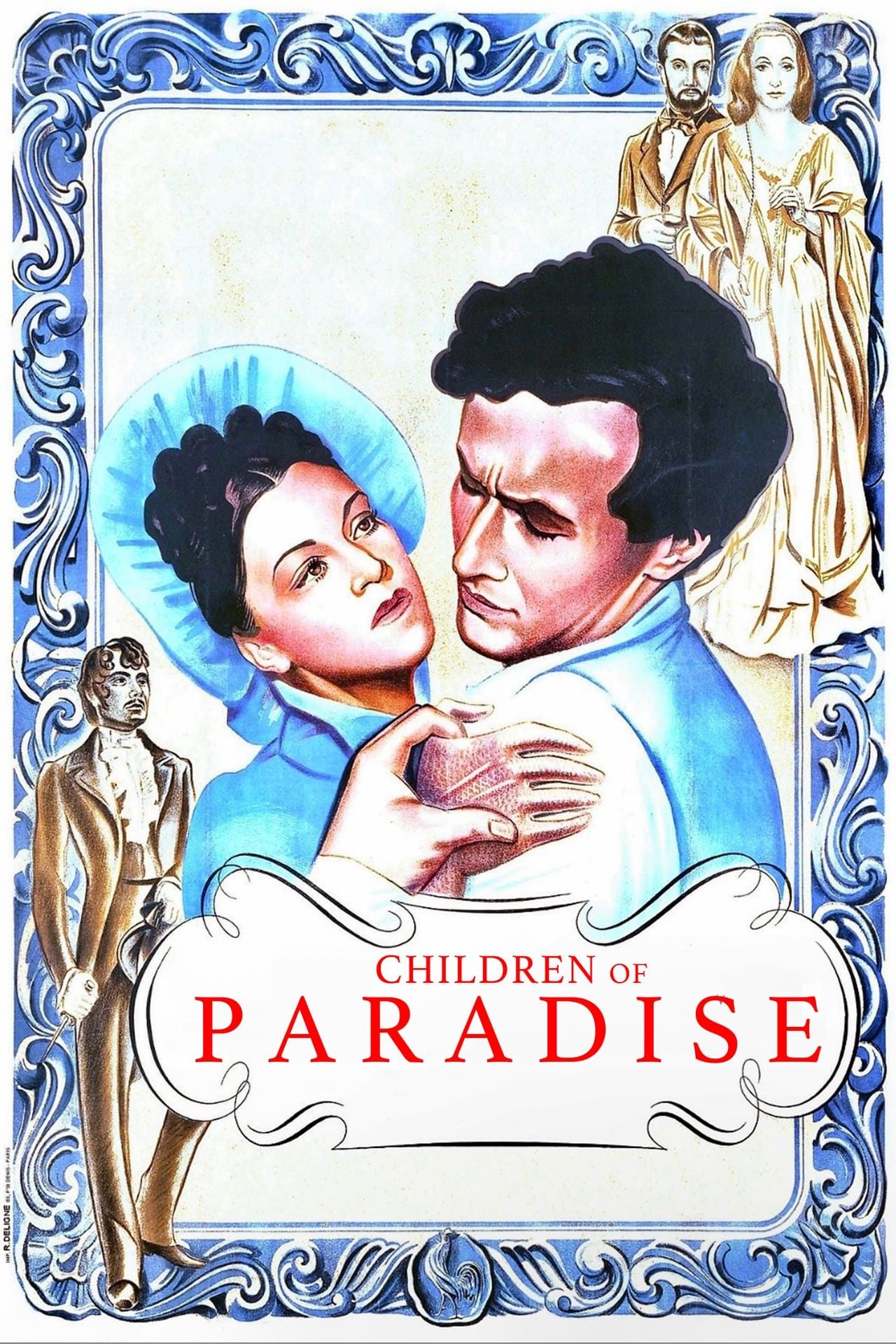
- Release Date
- November 15, 1946
- Director
- Marcel Carné
- Cast
- Jean-Louis Barrault , Pierre Brasseur , Marcel Herrand , María Casares , Louis Salou , Pierre Renoir , Jane Marken , Gaston Modot , Fabien Loris , Marcel Pérès , Etienne Decroux , Marcelle Monthil
- Writers
- Jacques Prévert

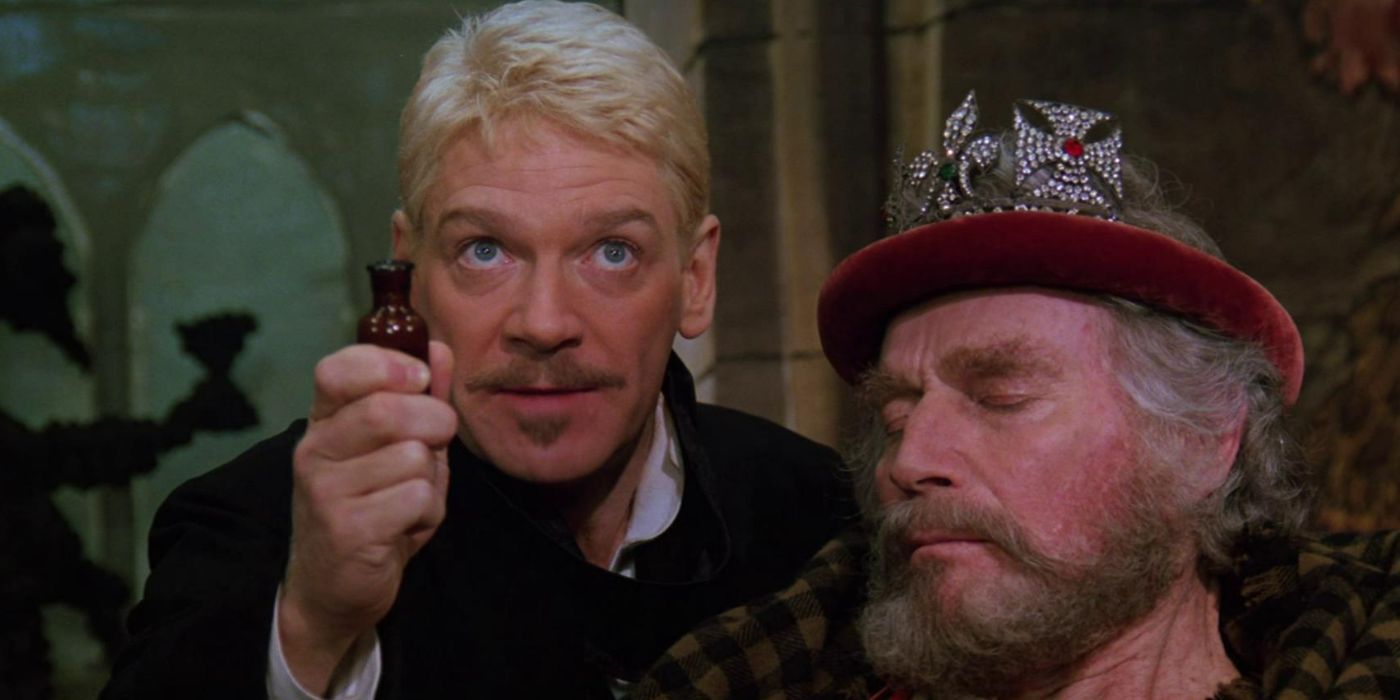
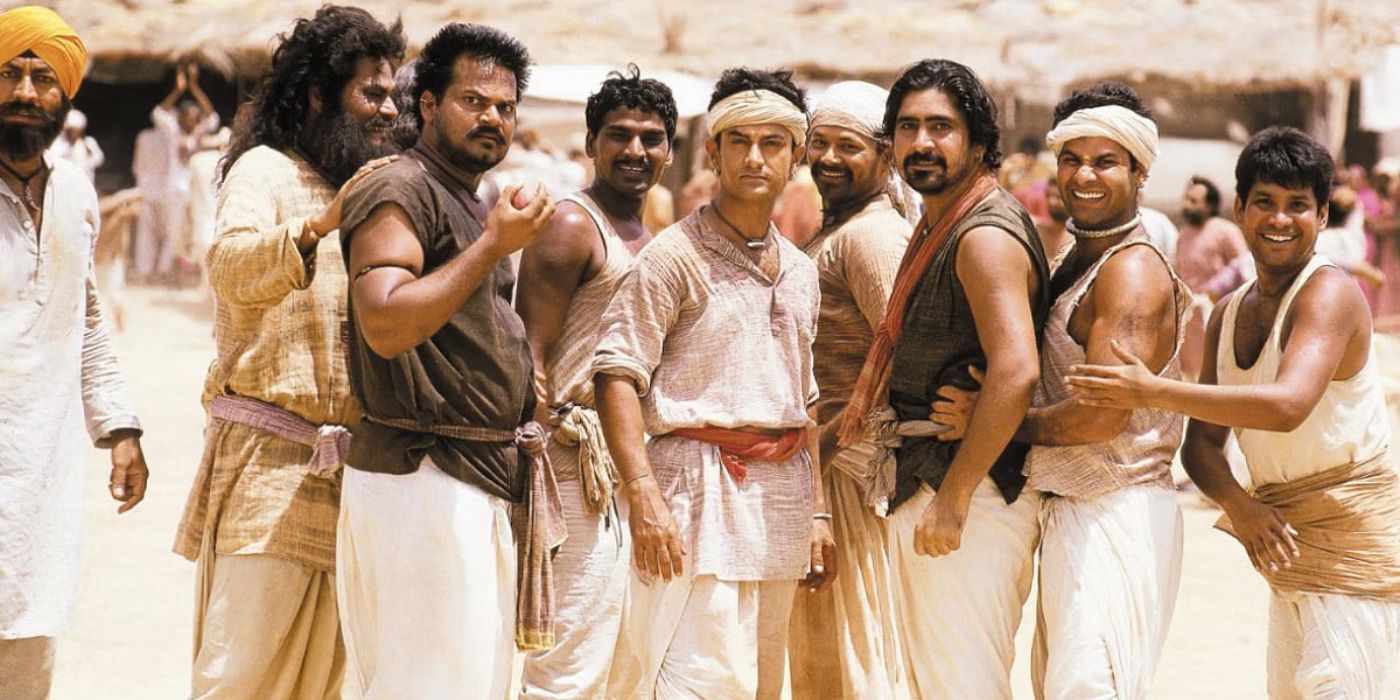
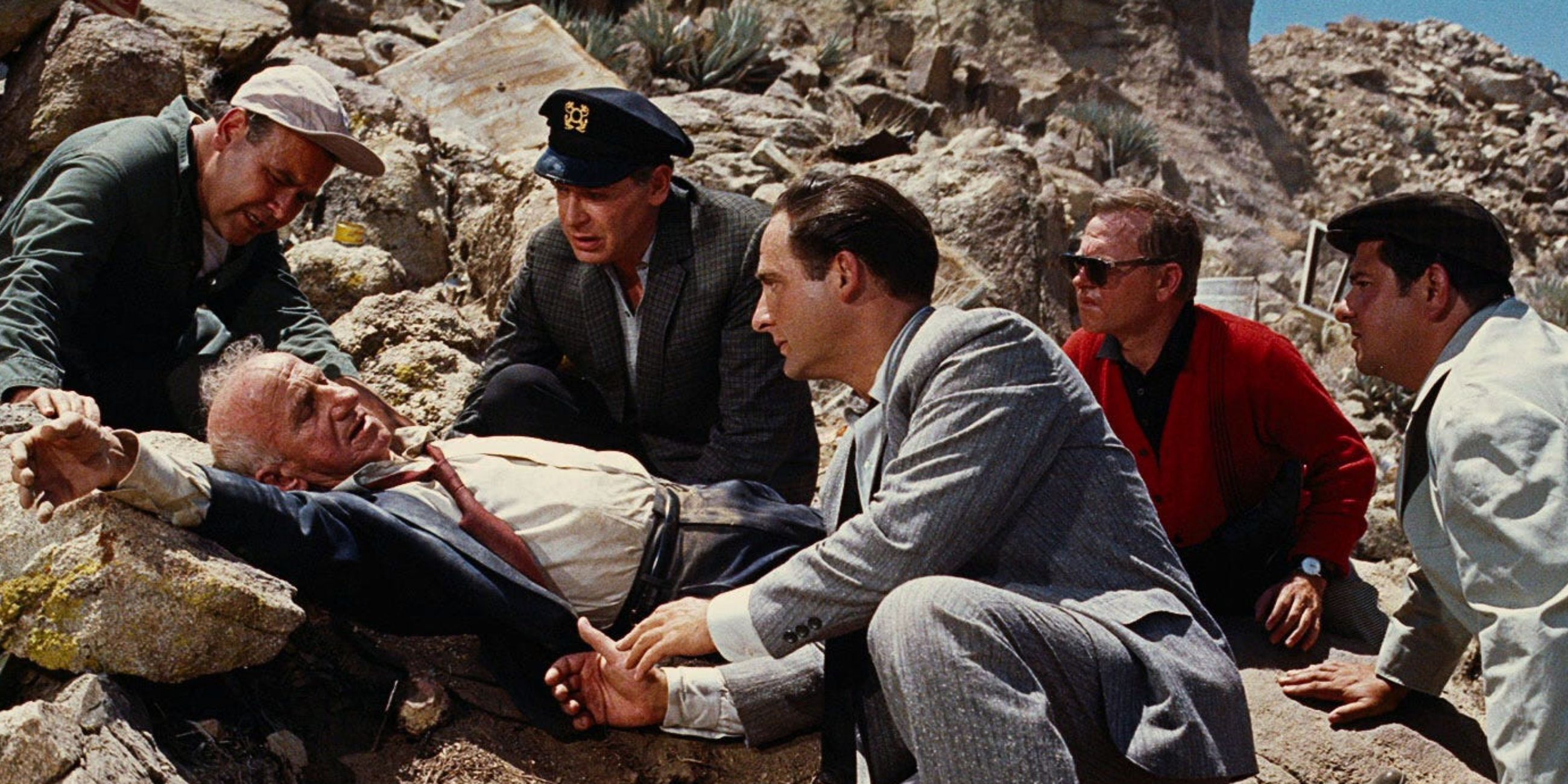
.jpg)
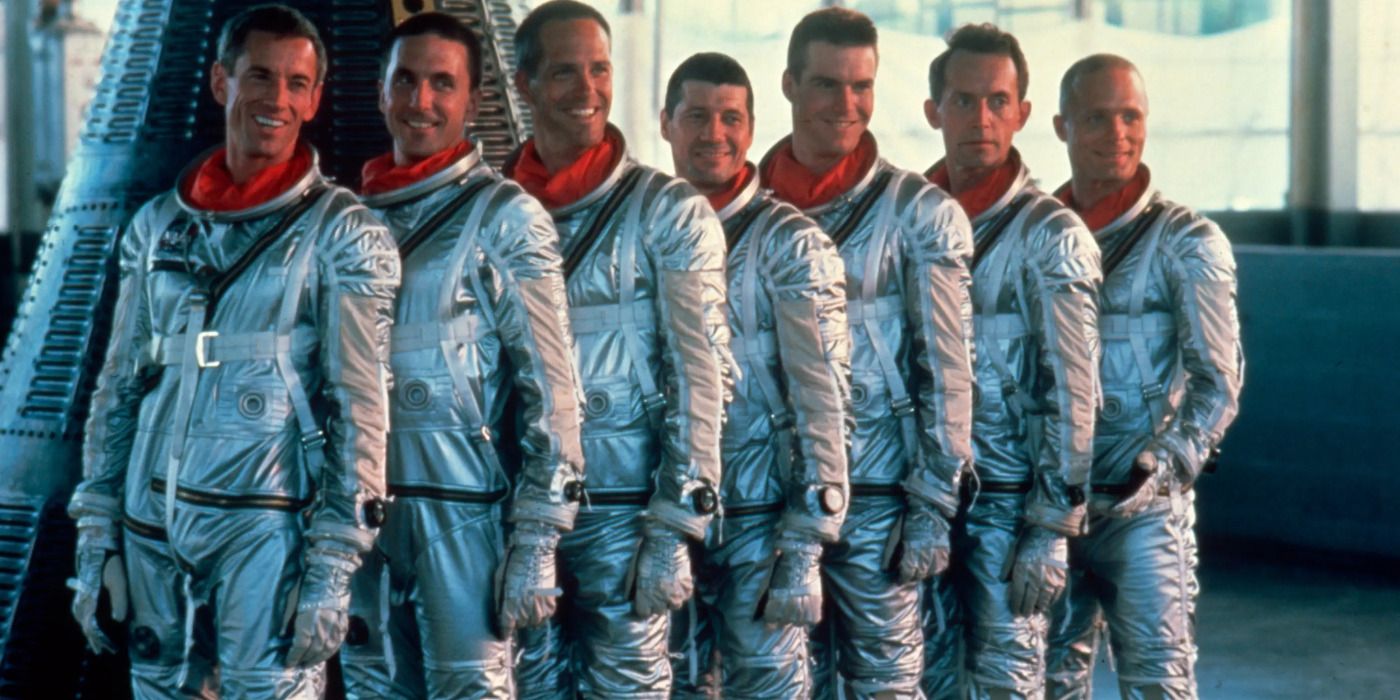
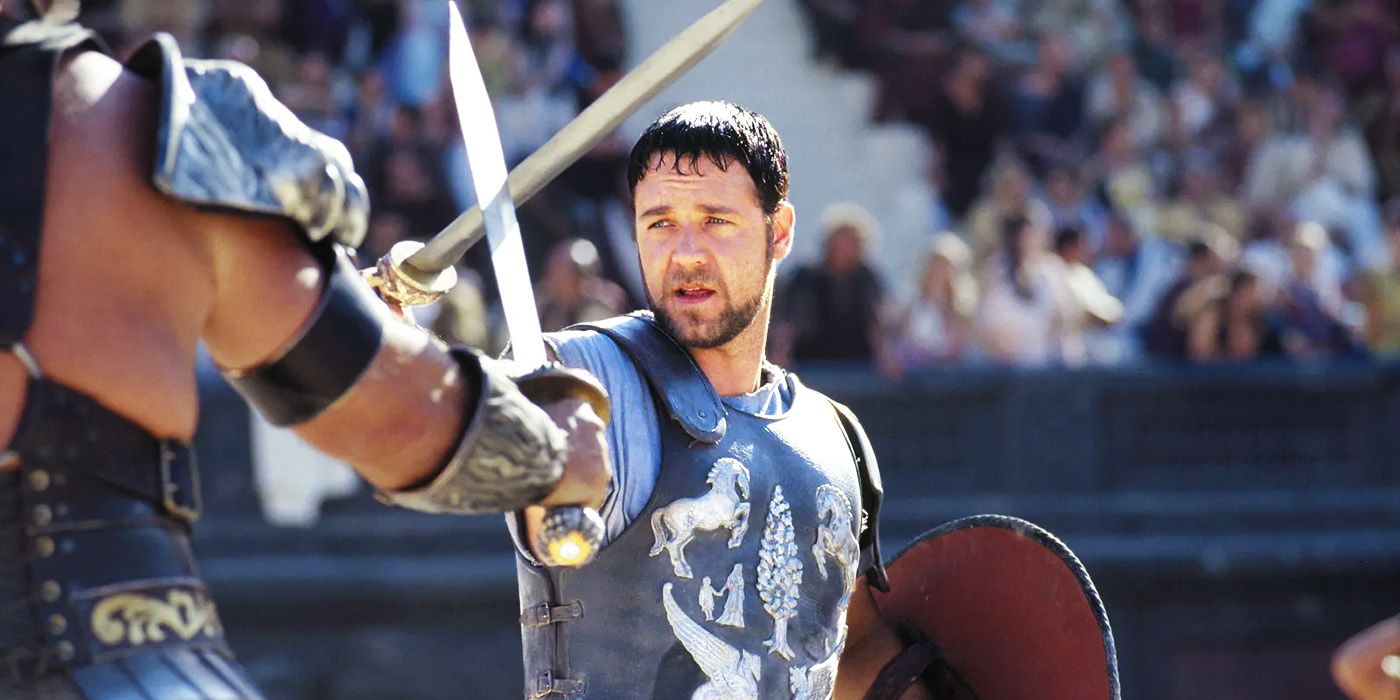
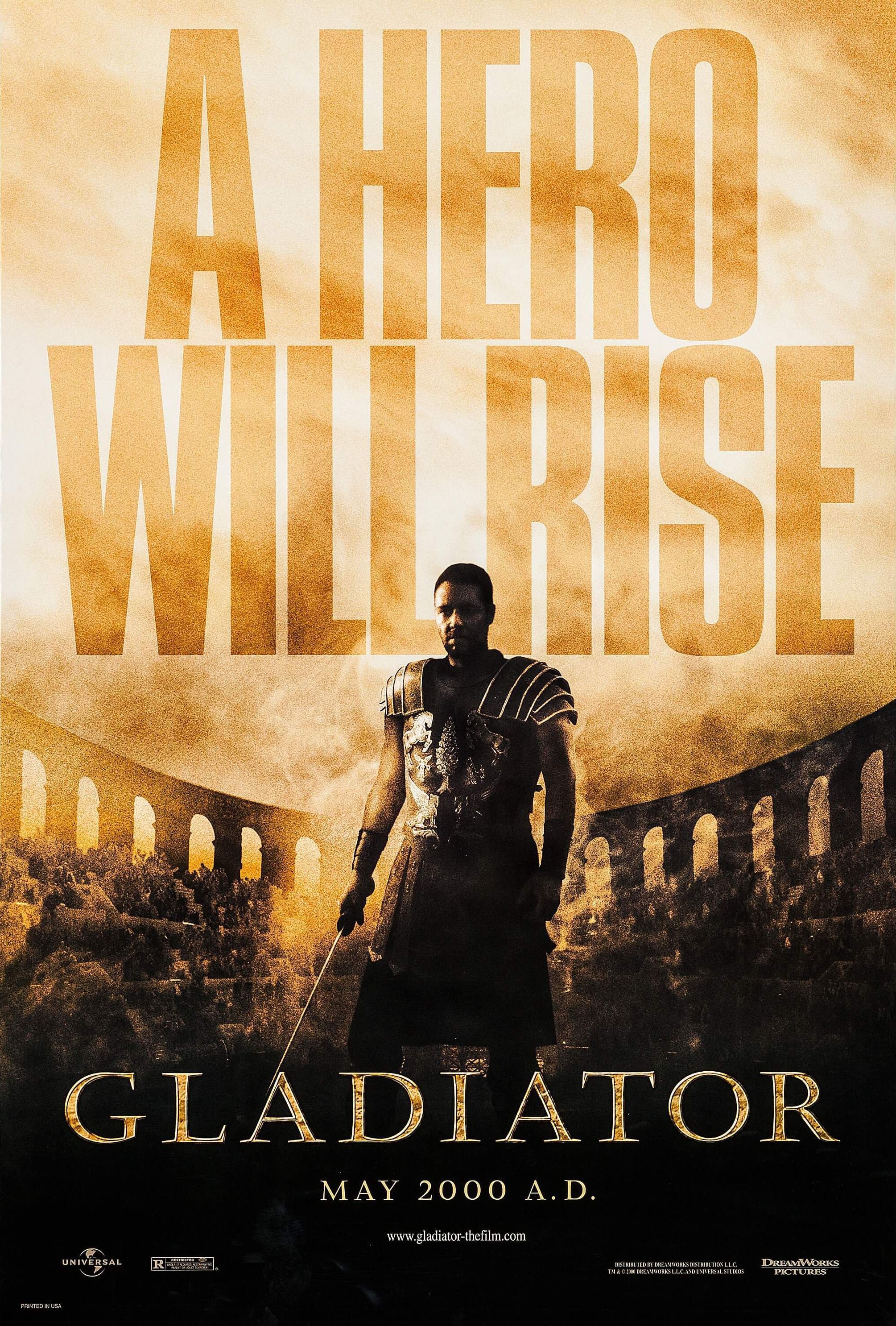
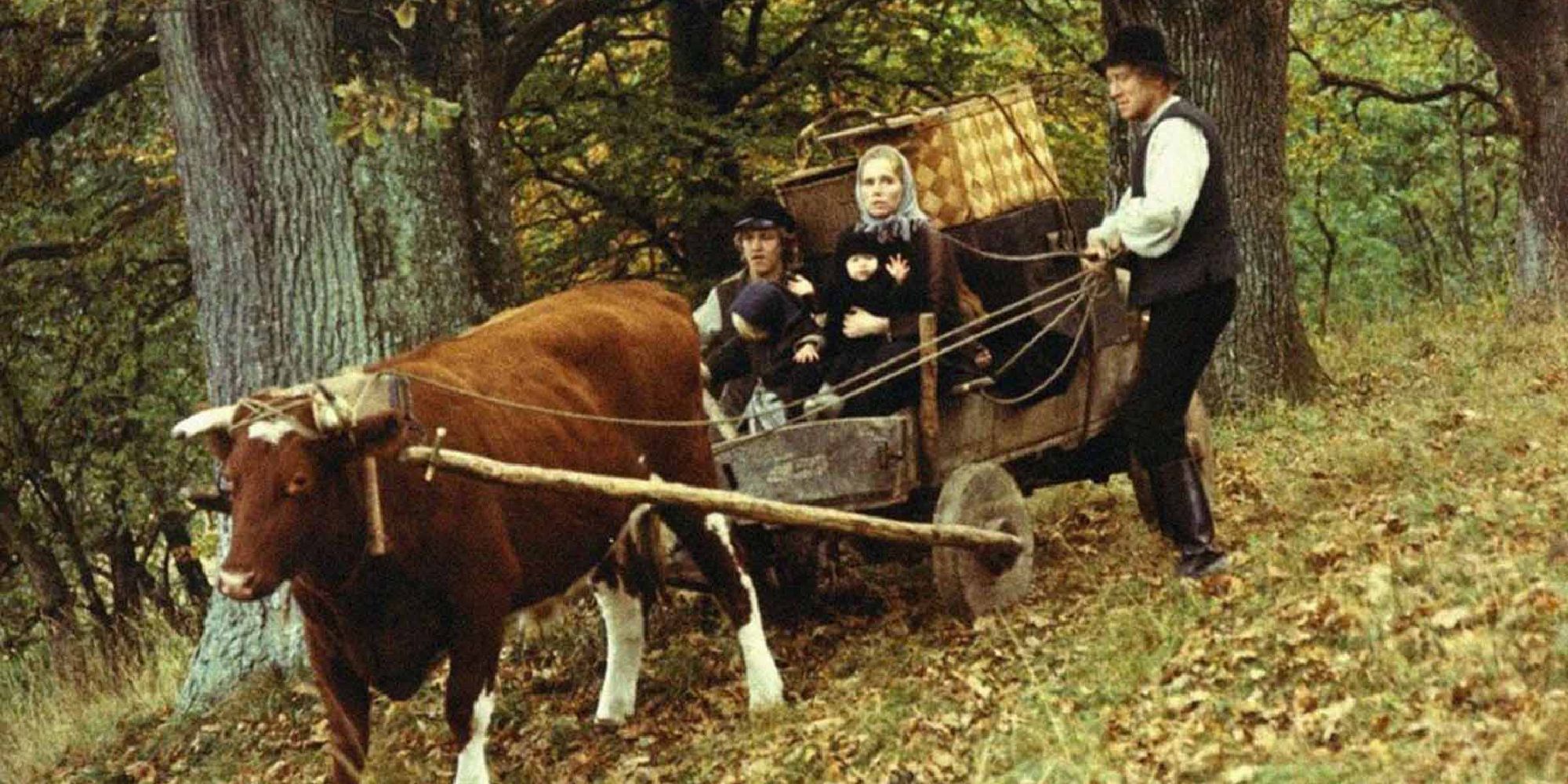
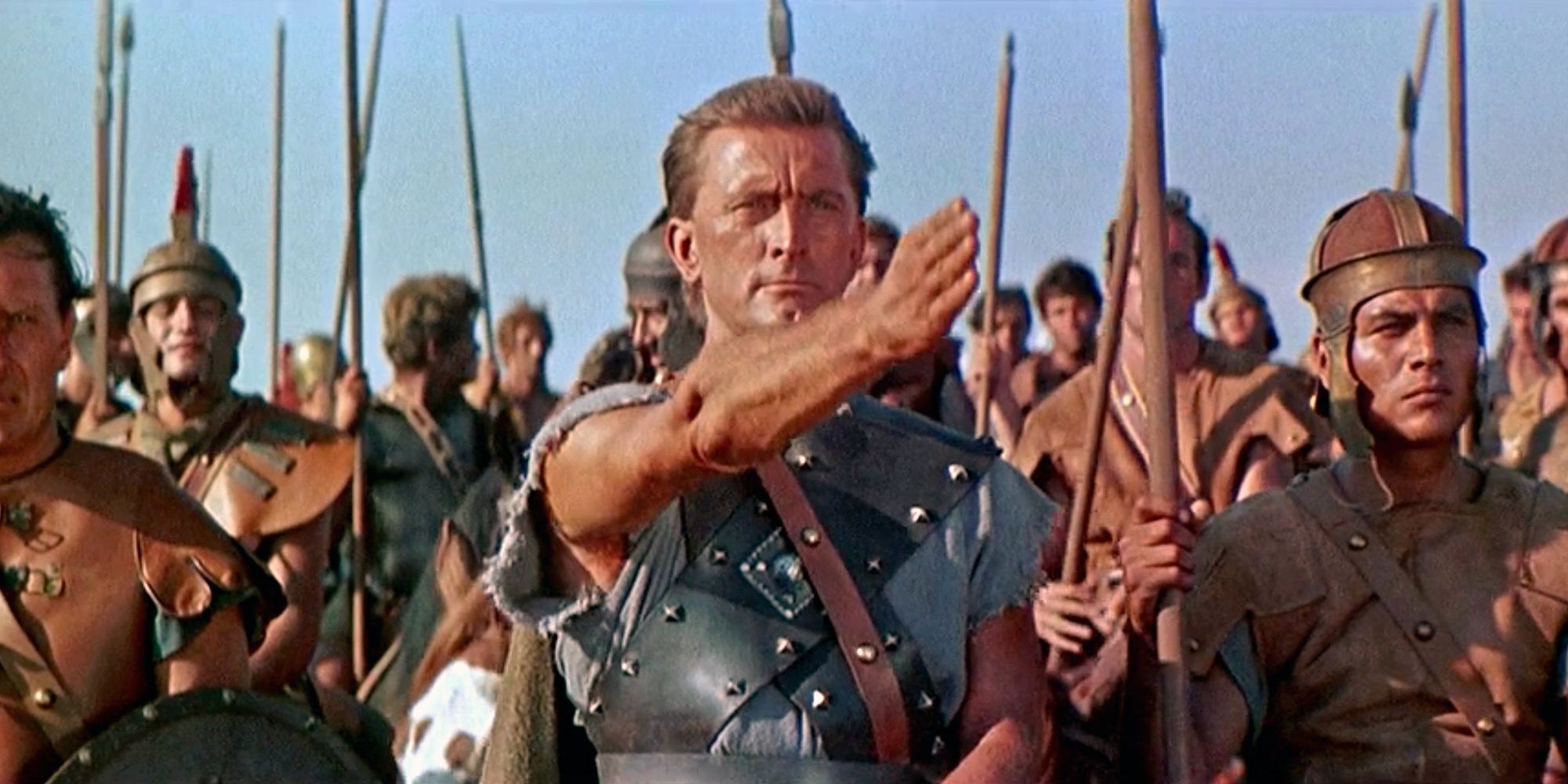
.jpg)
